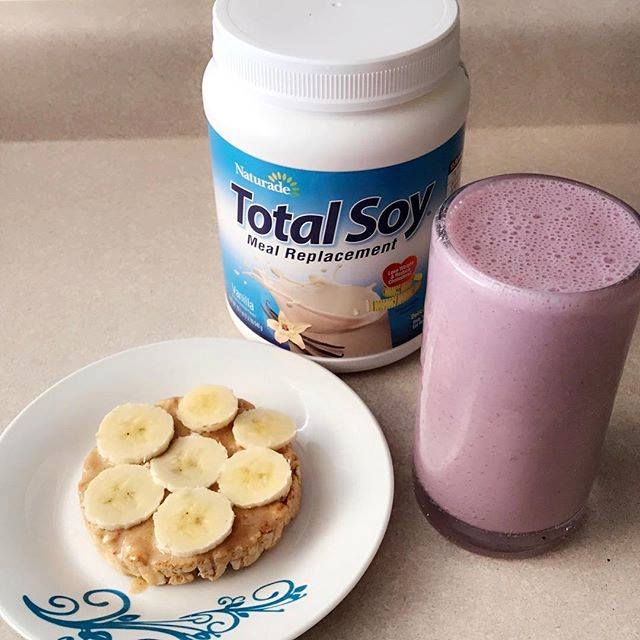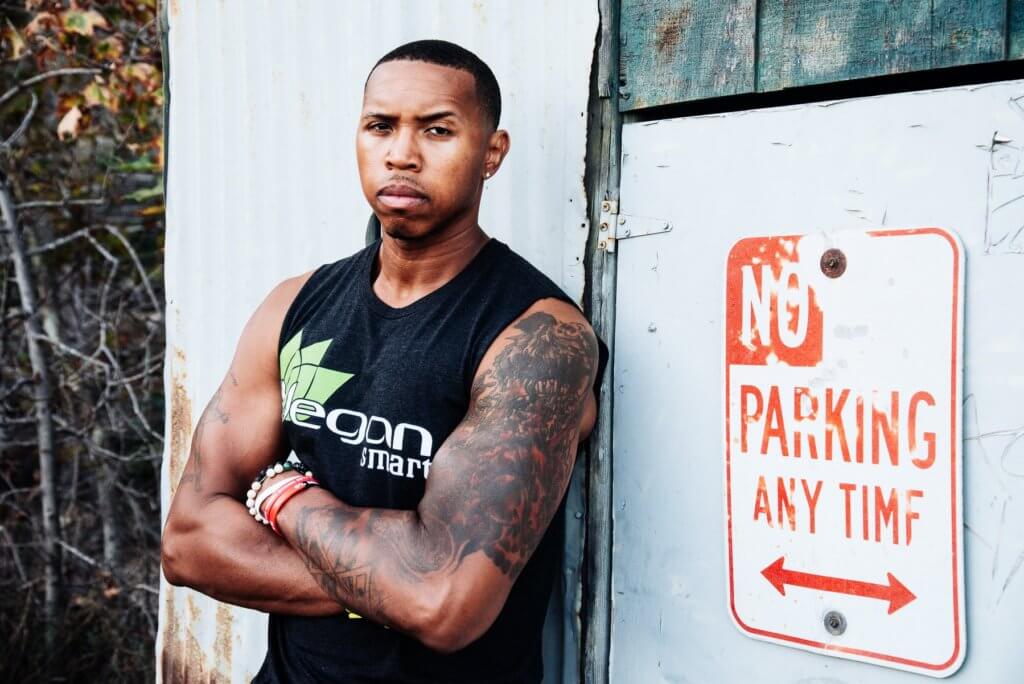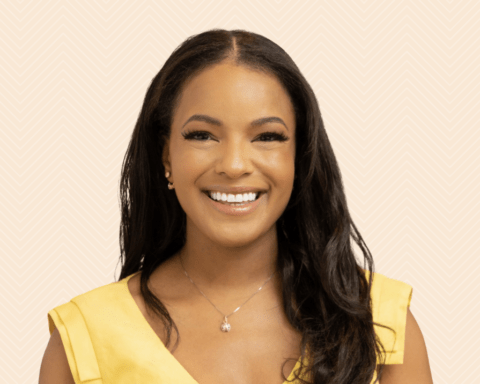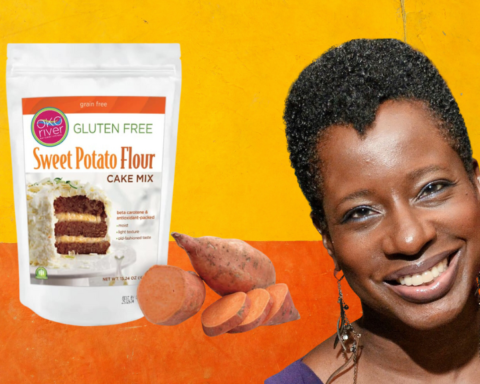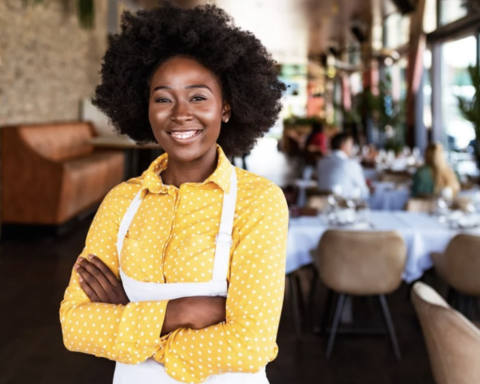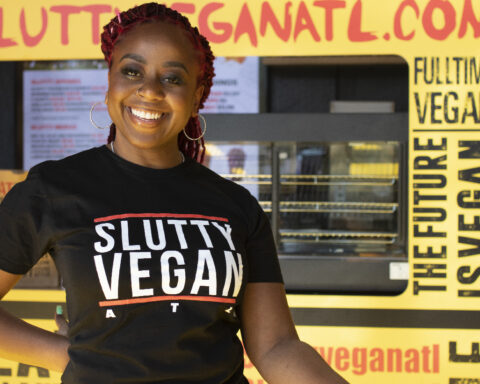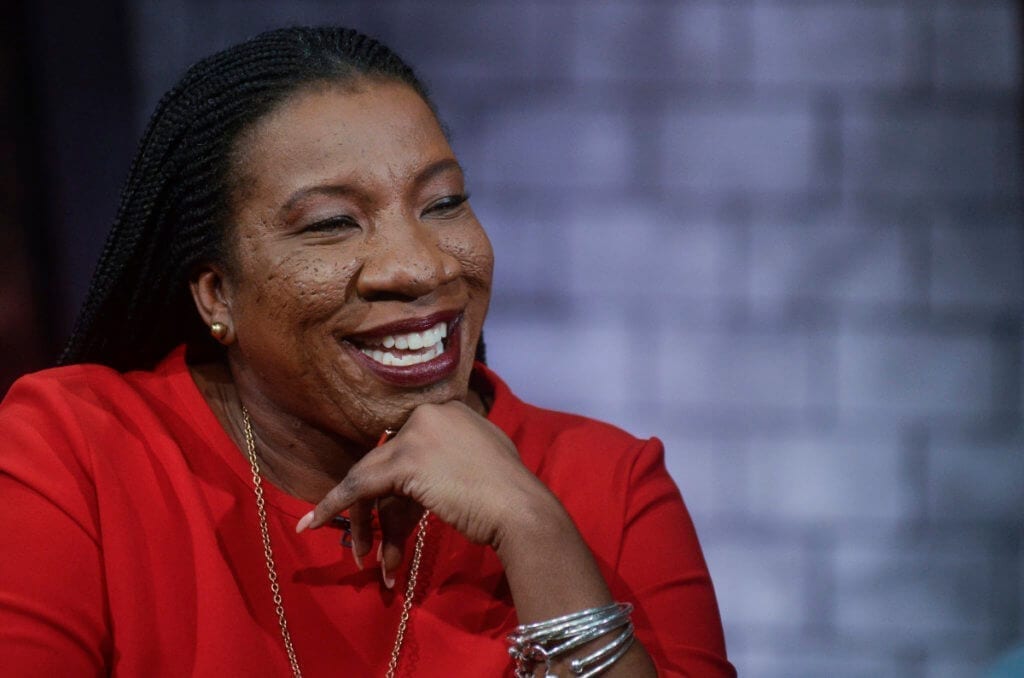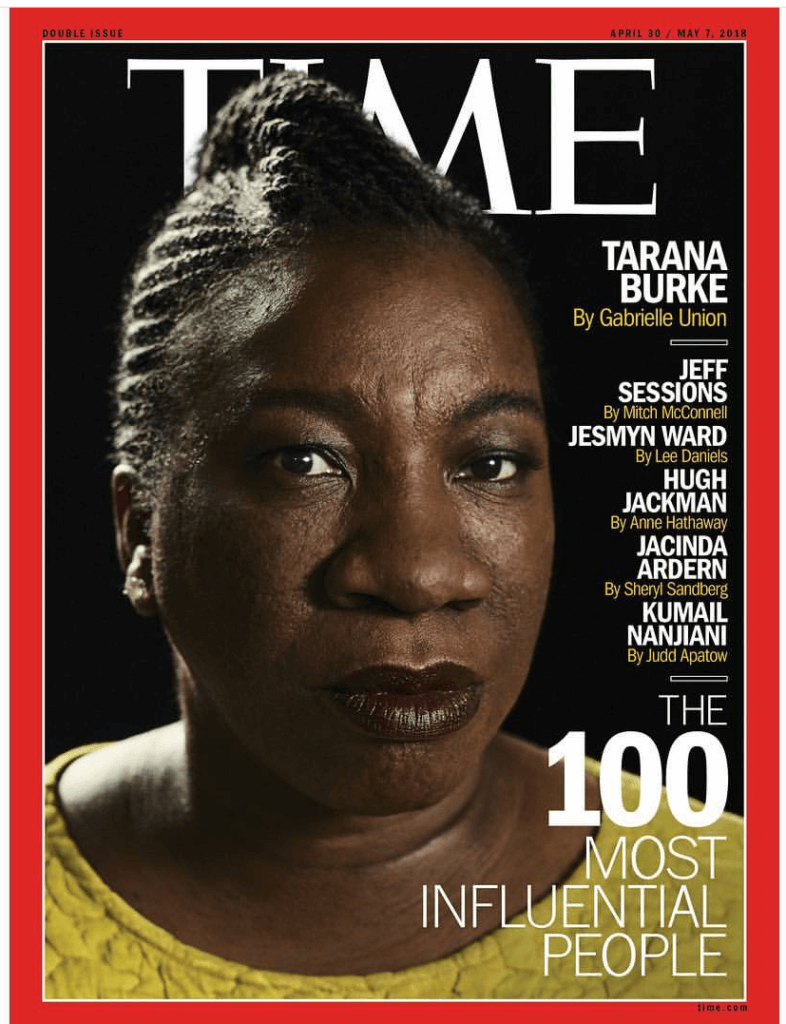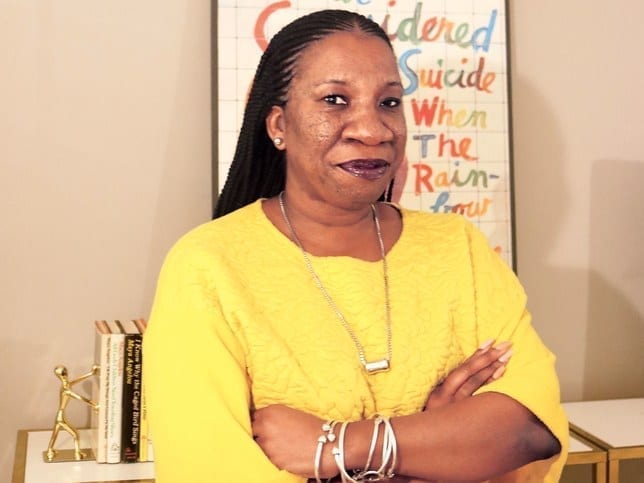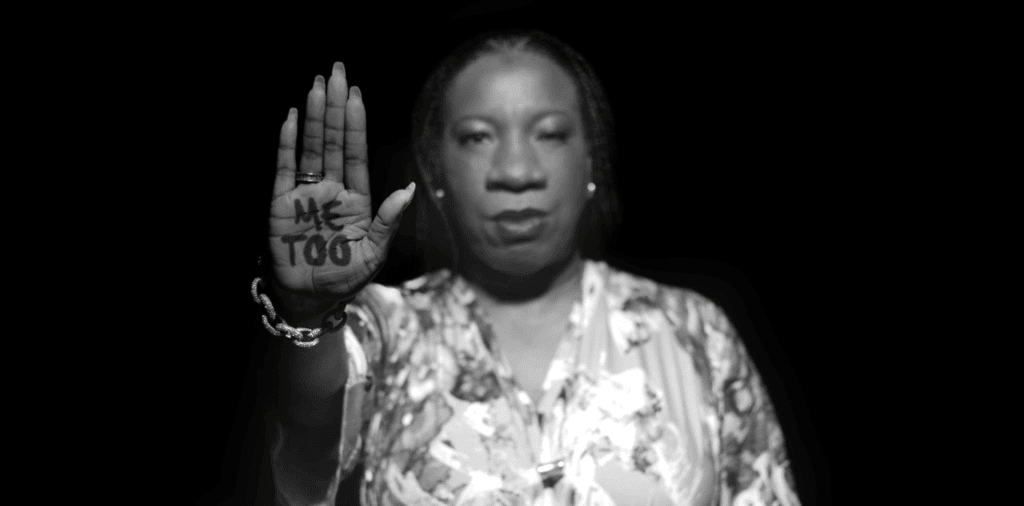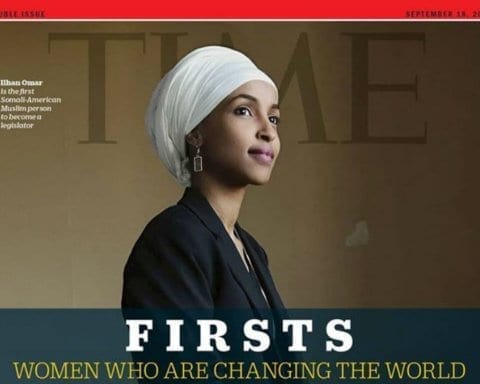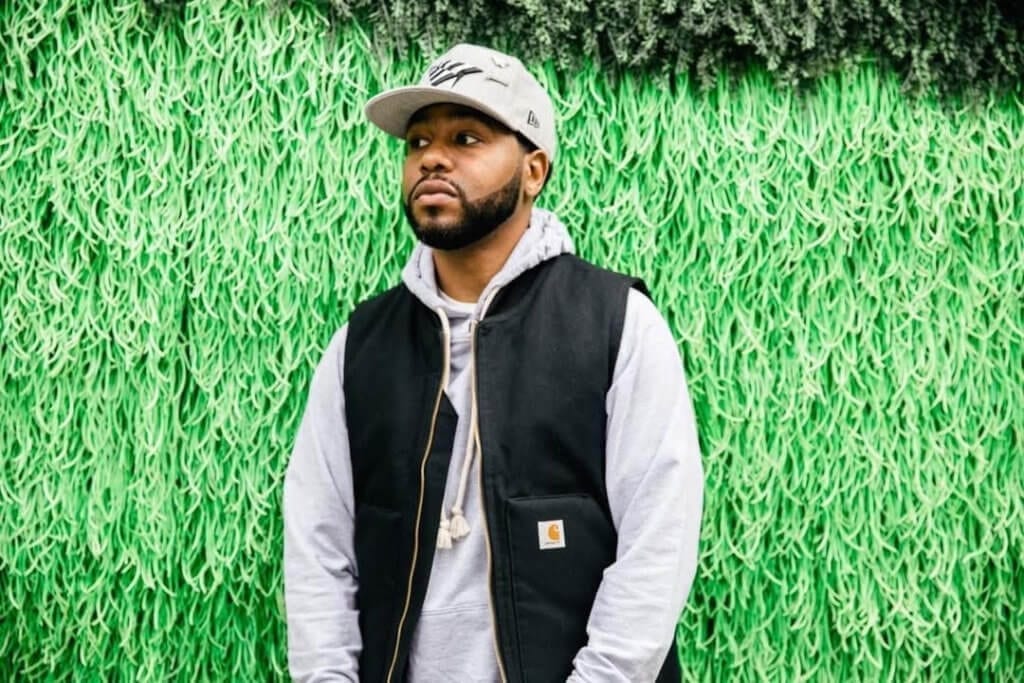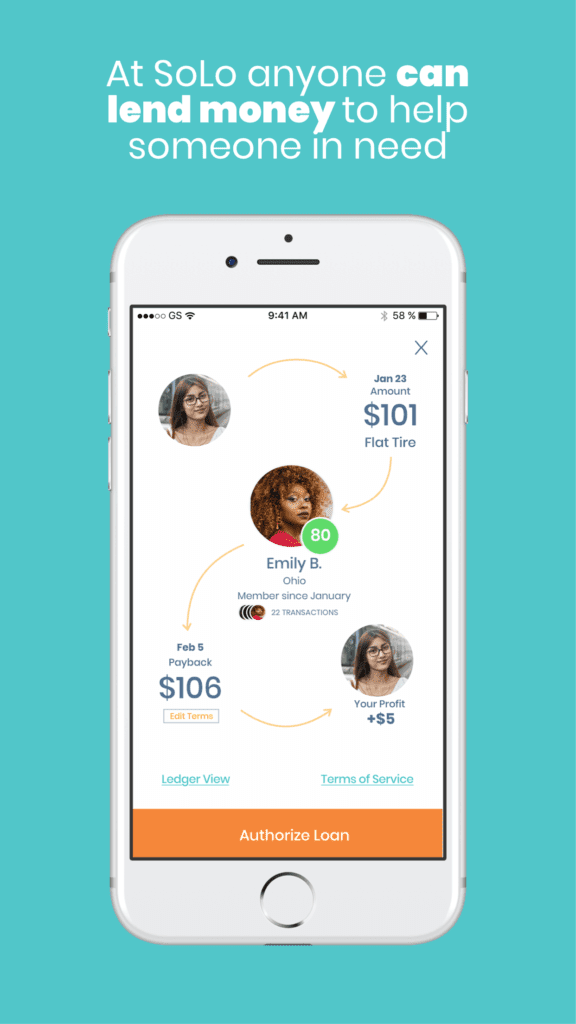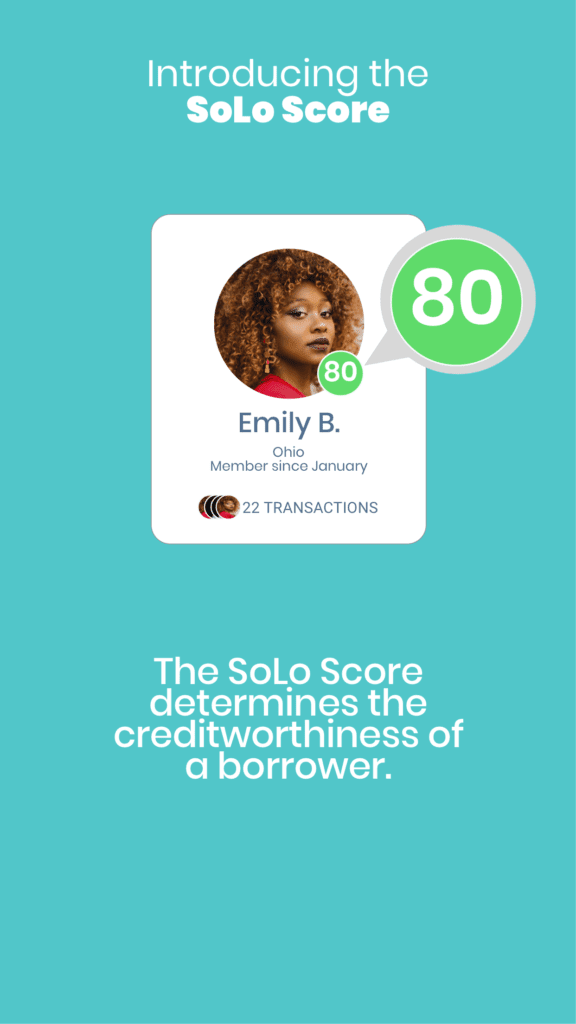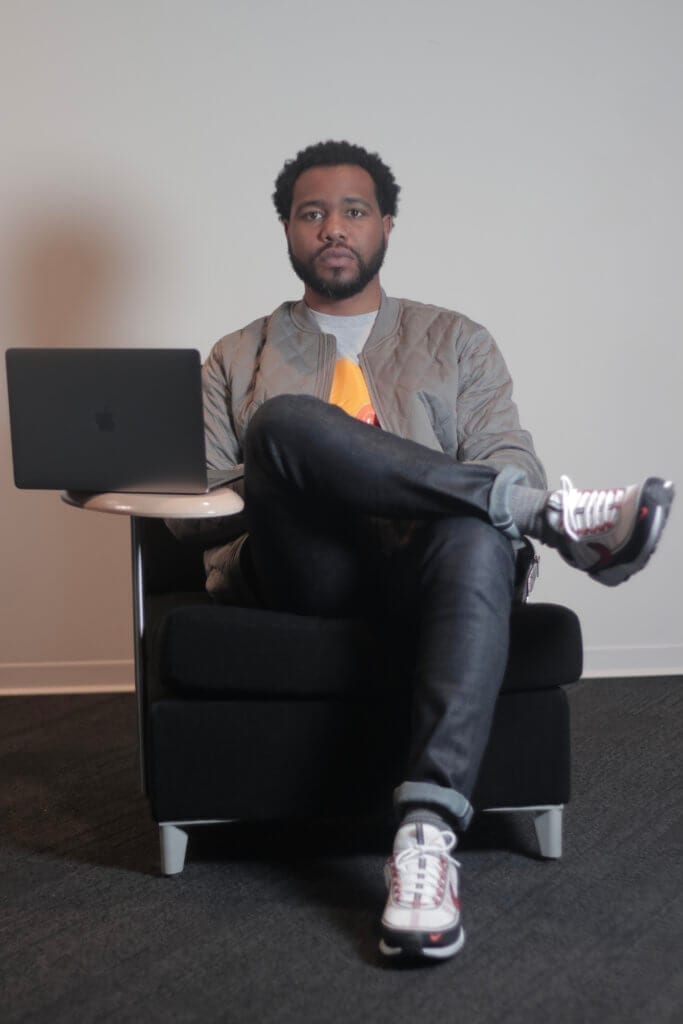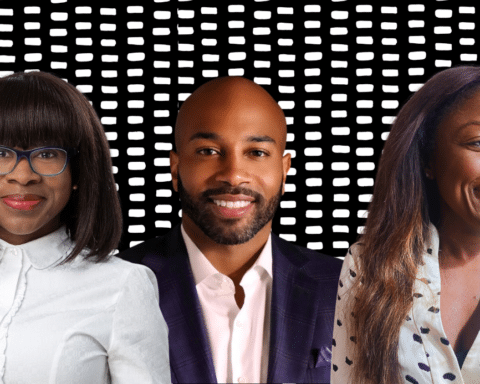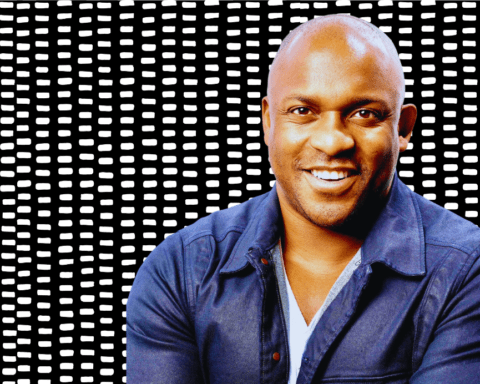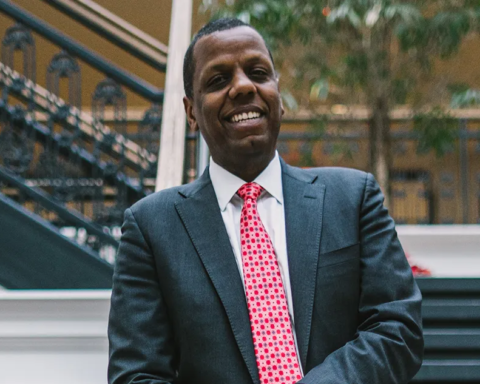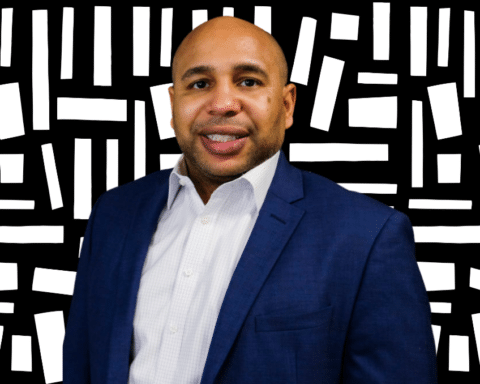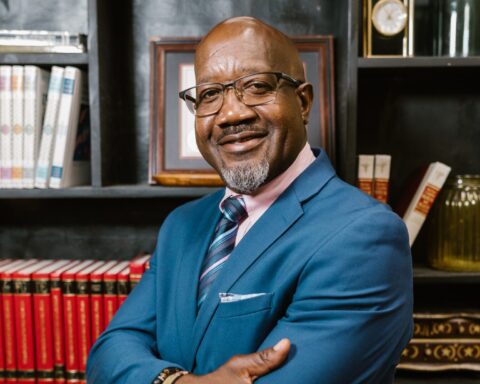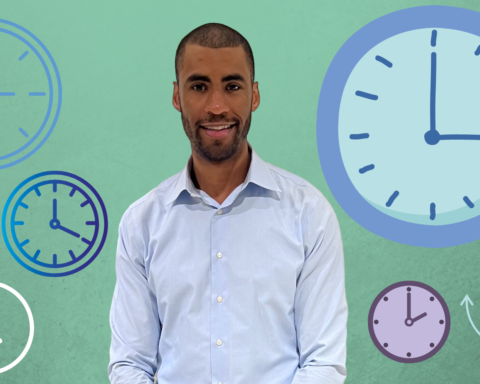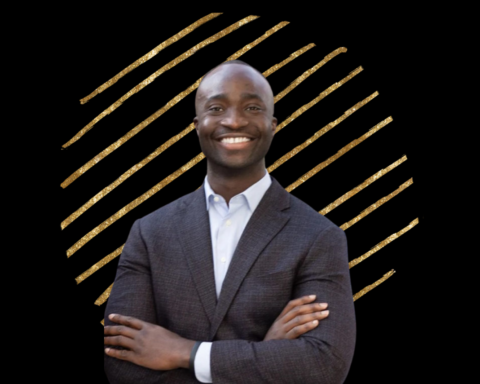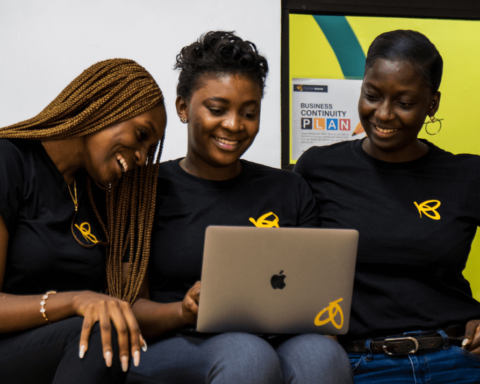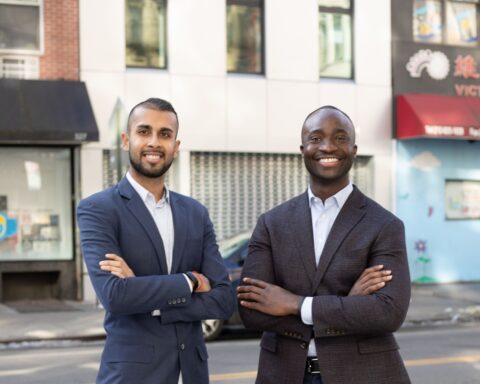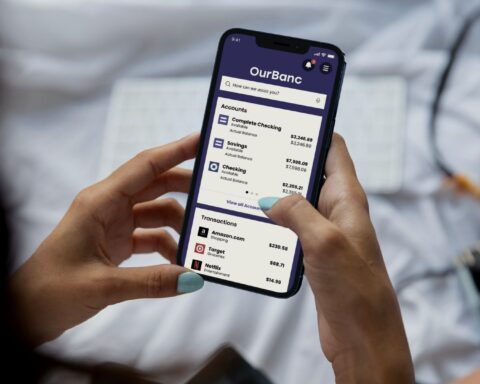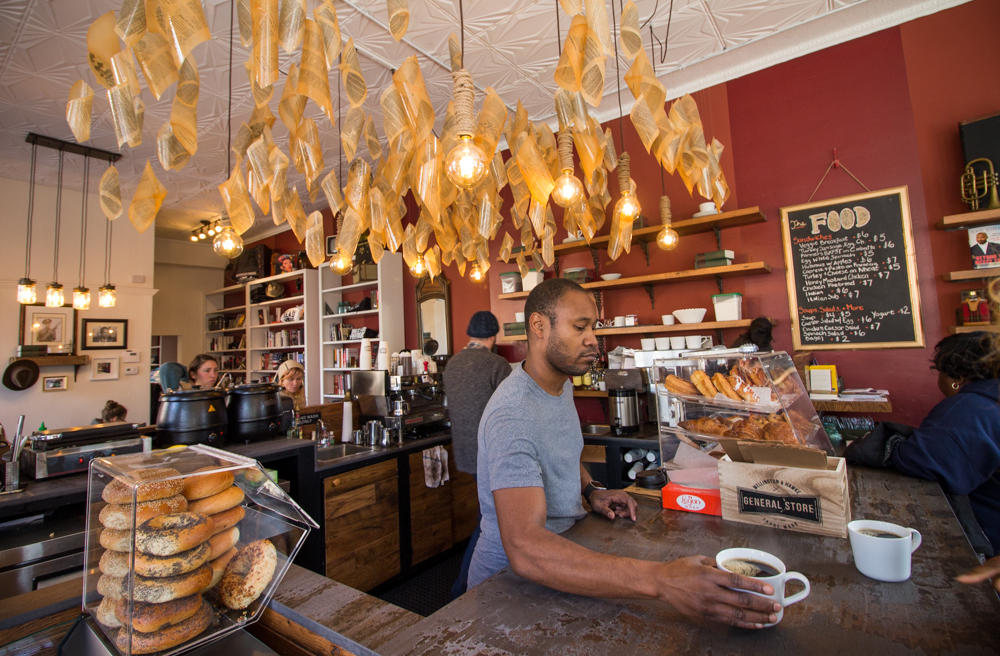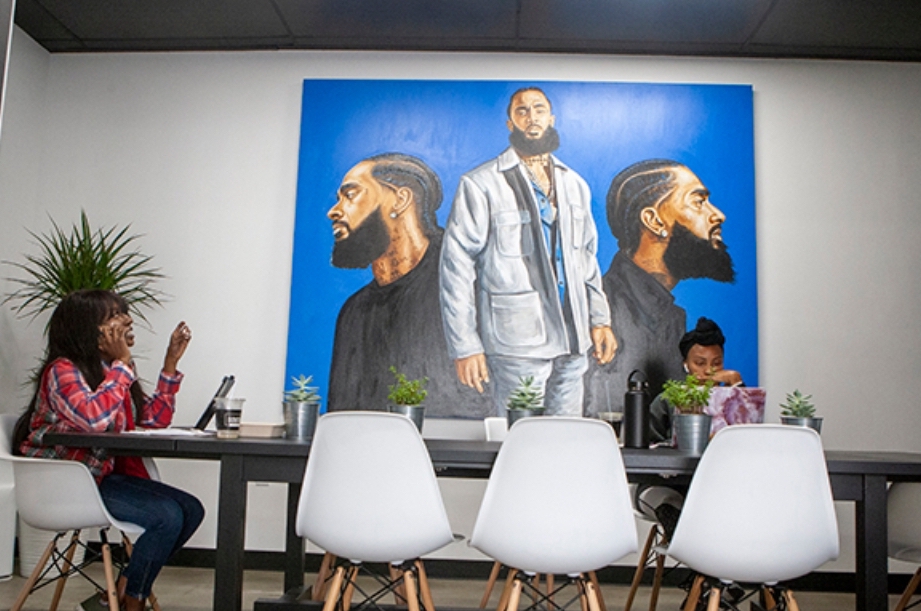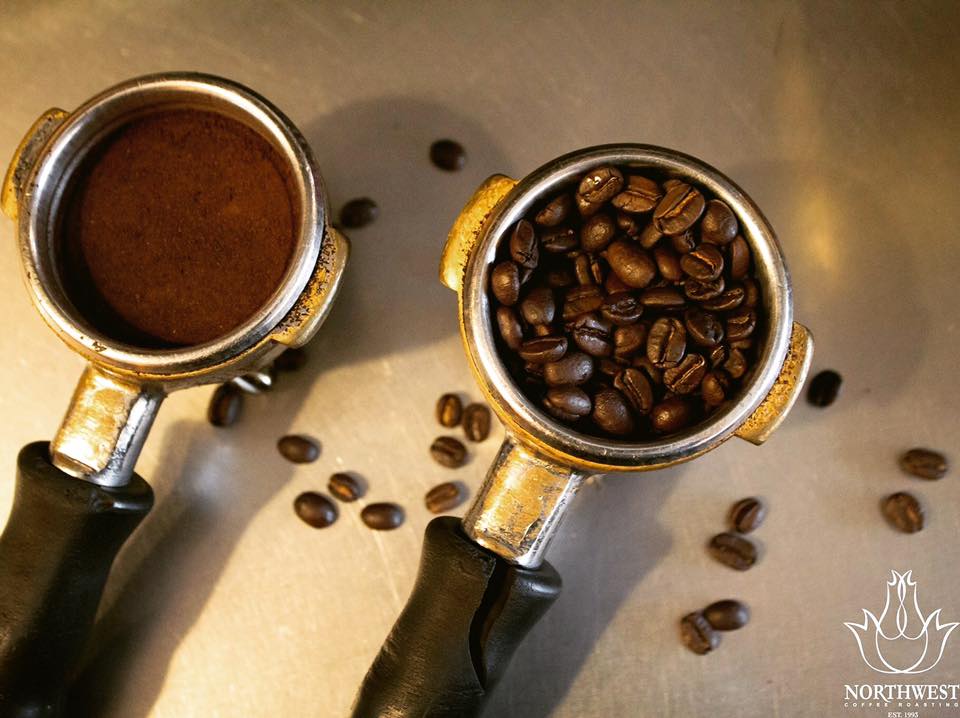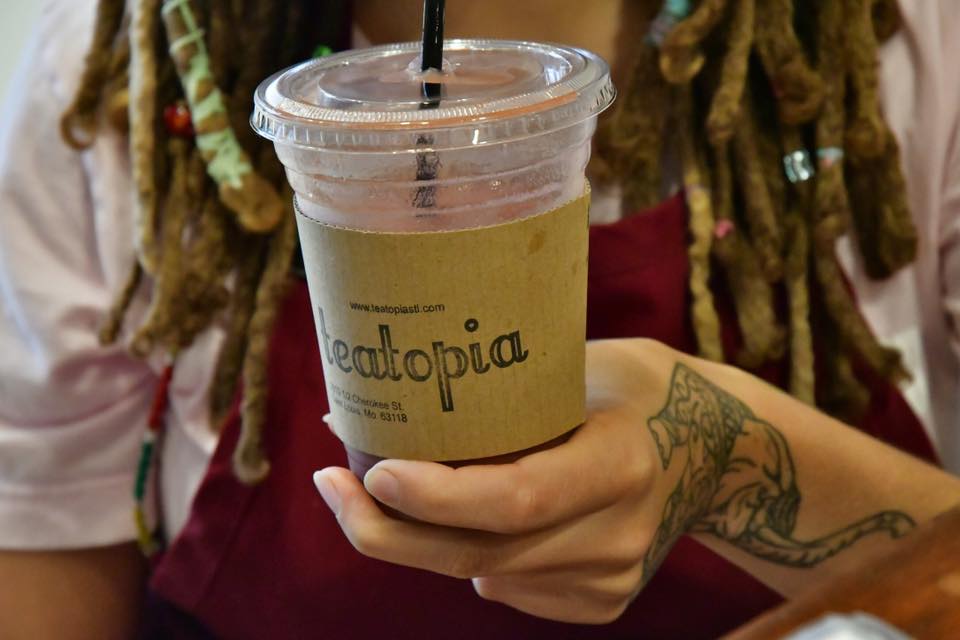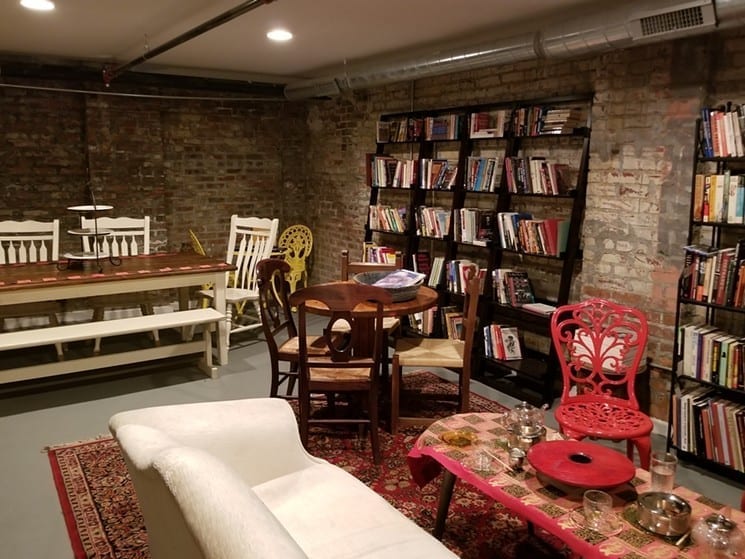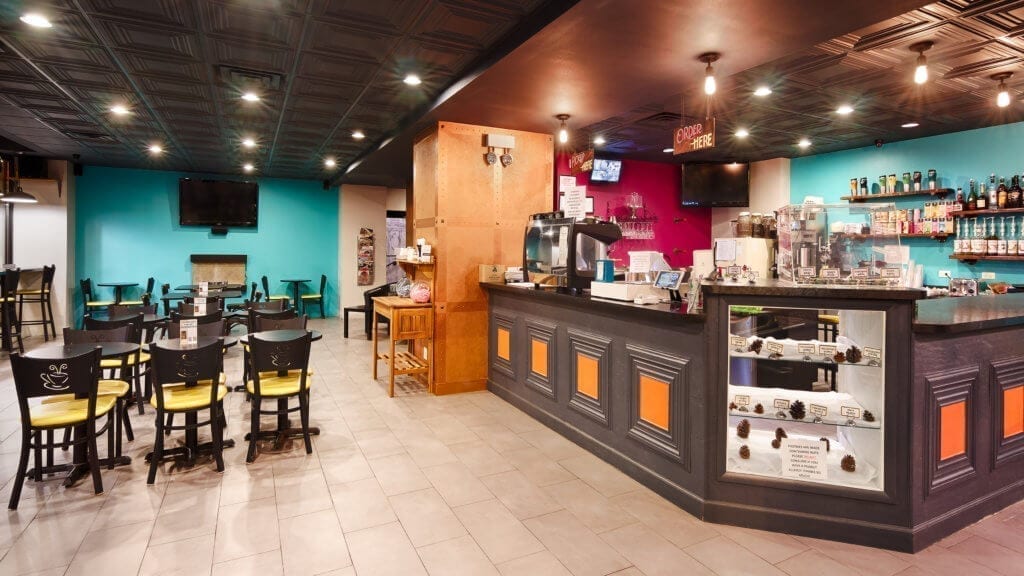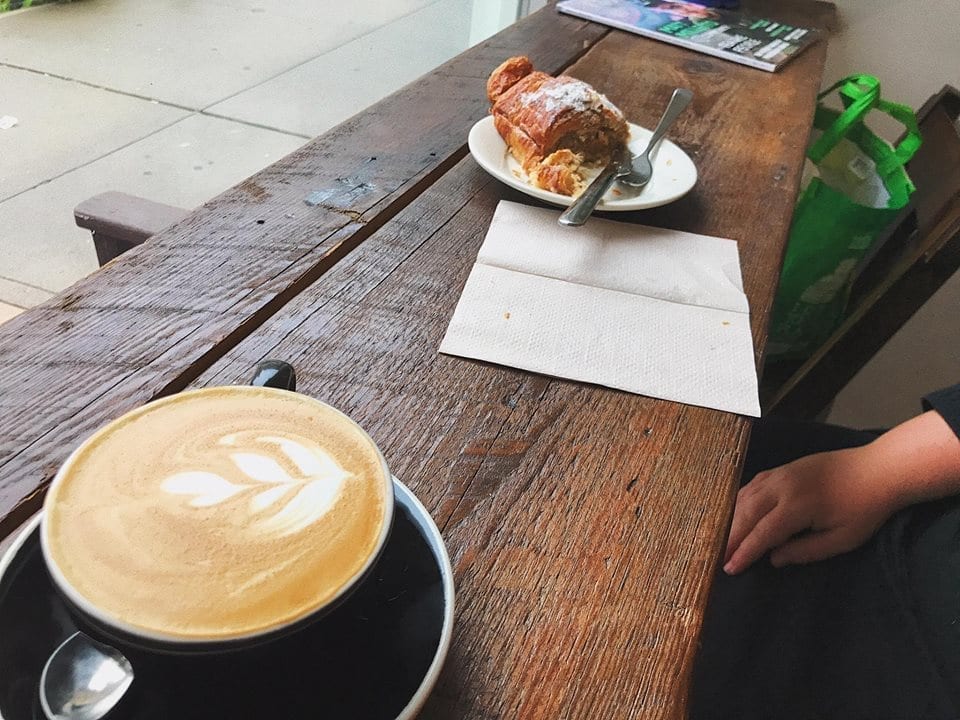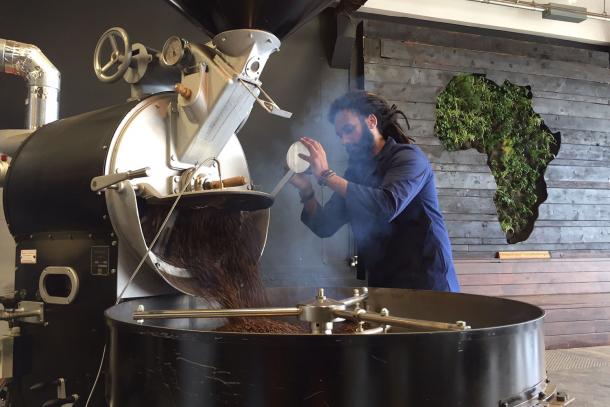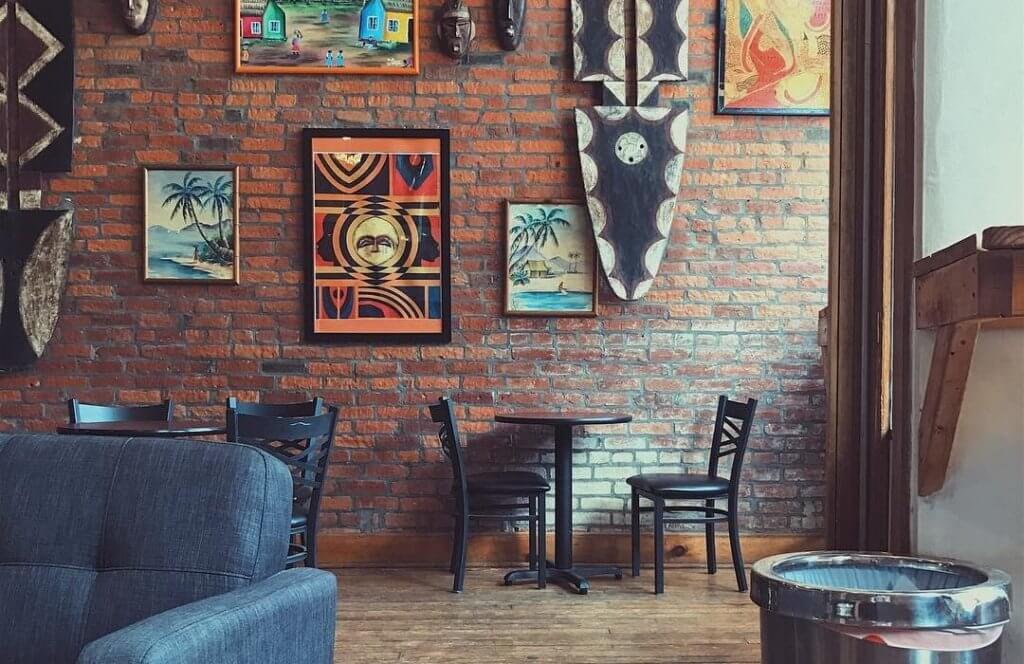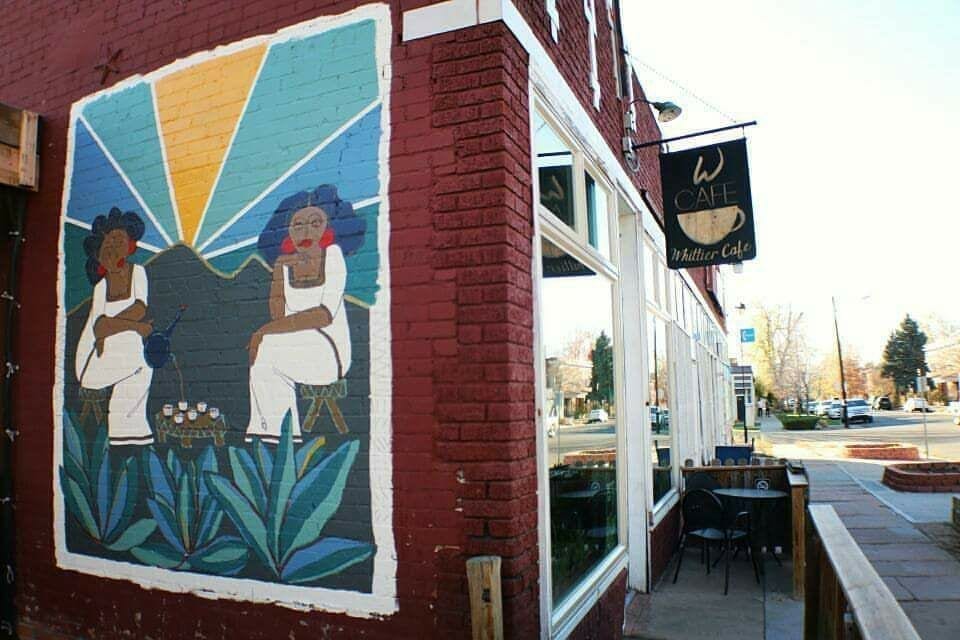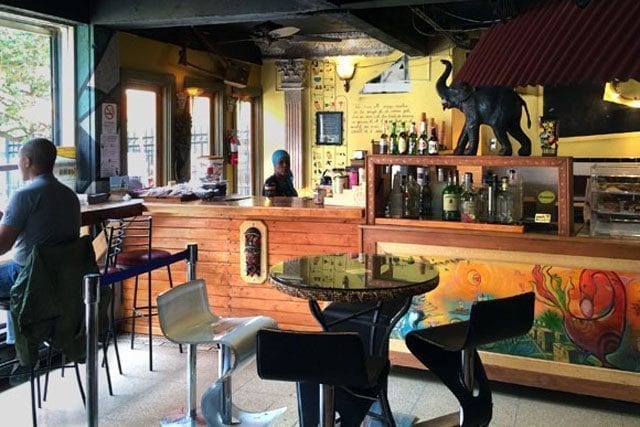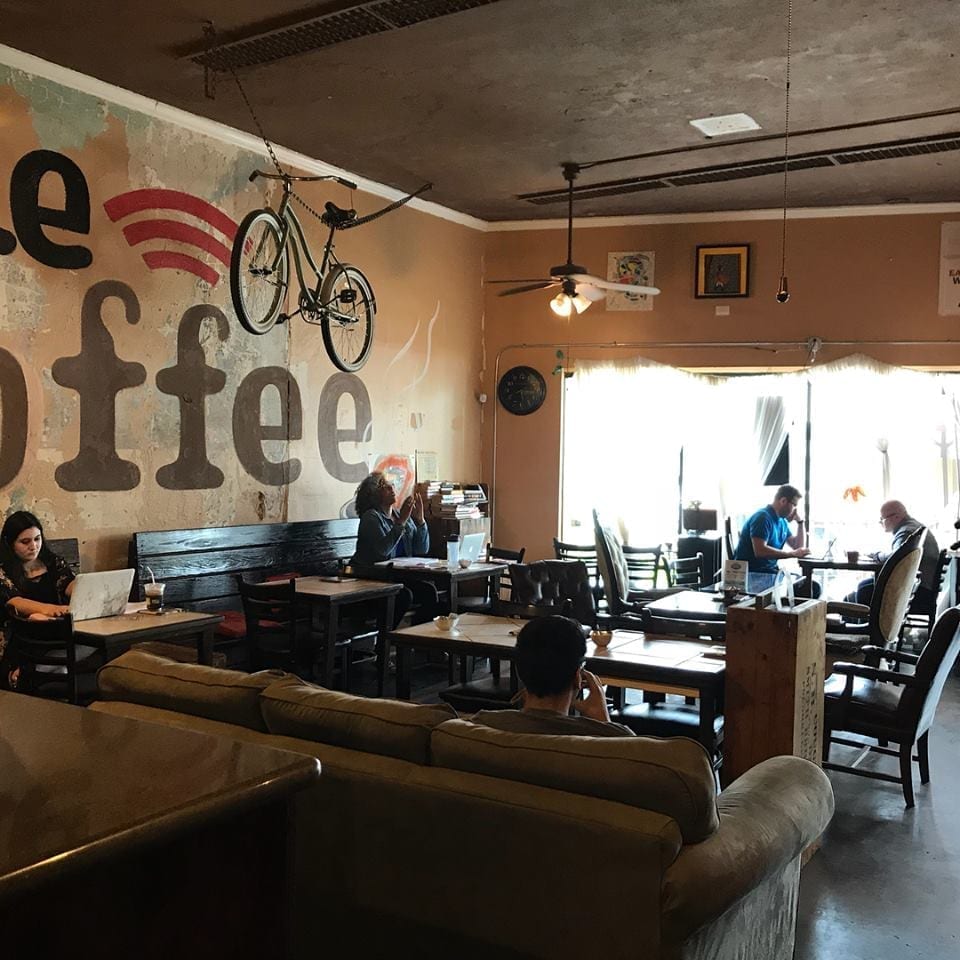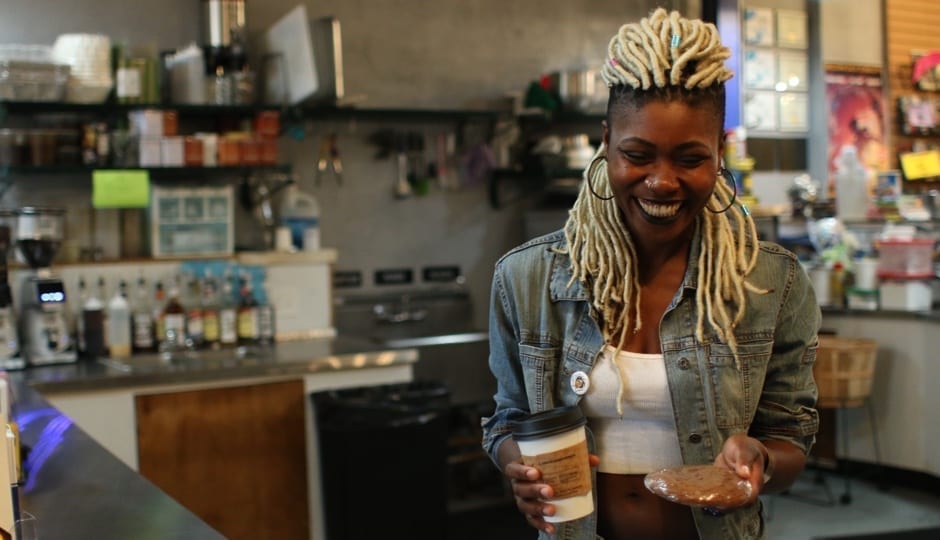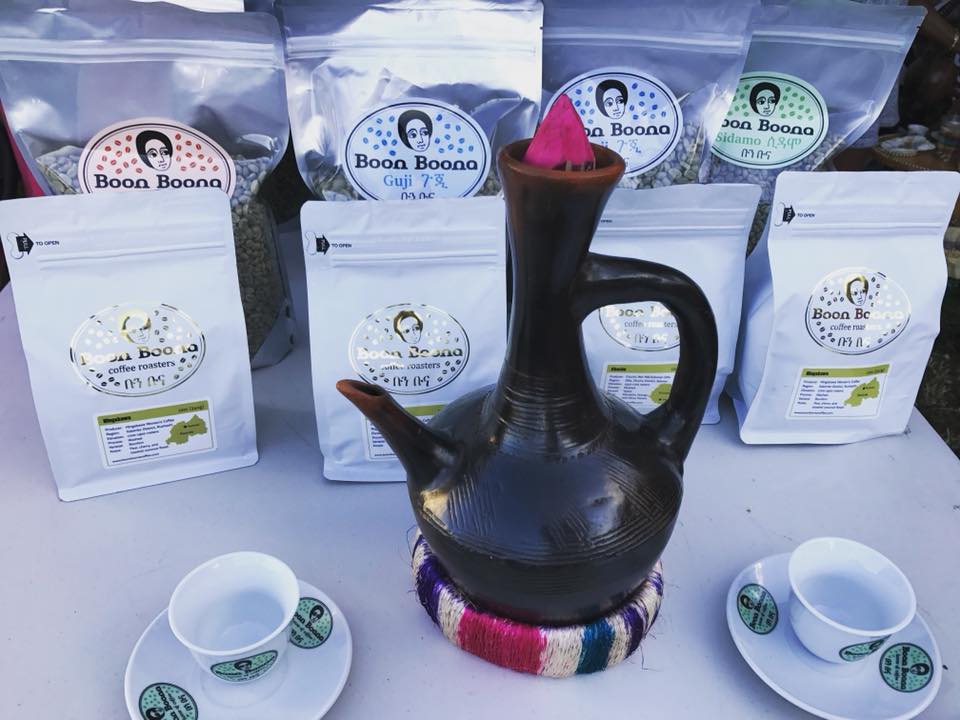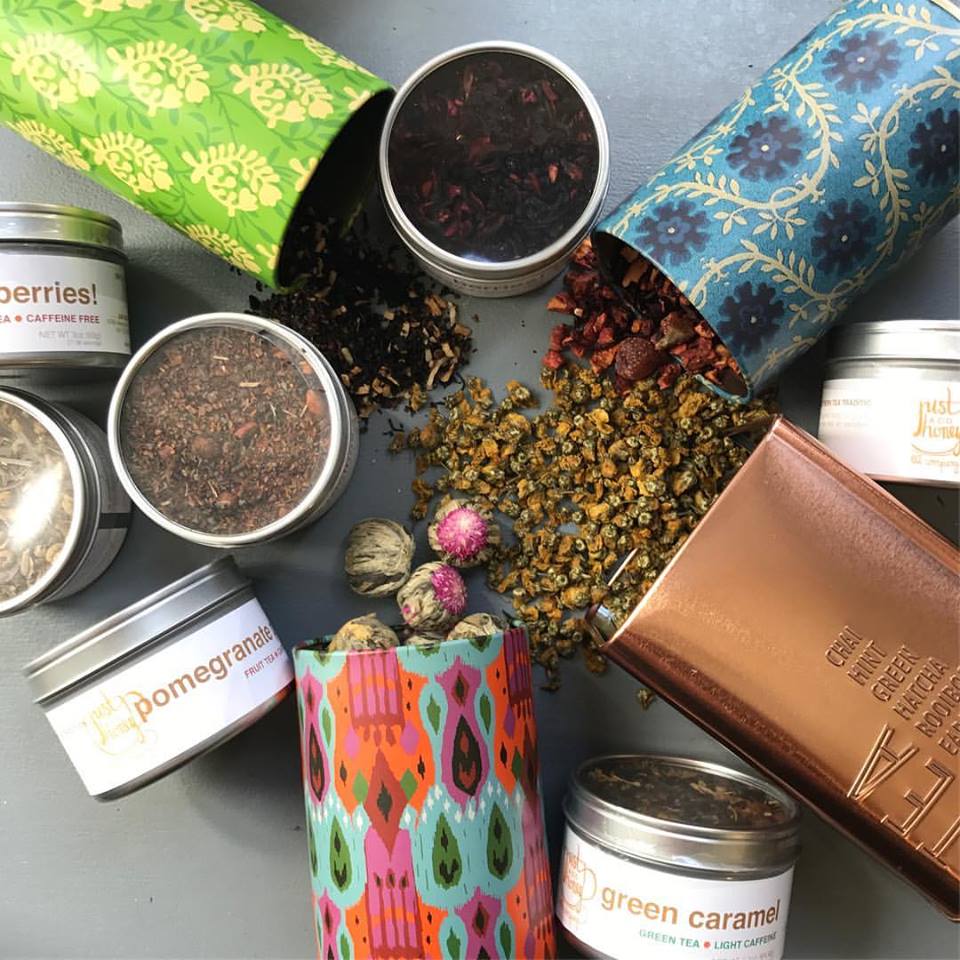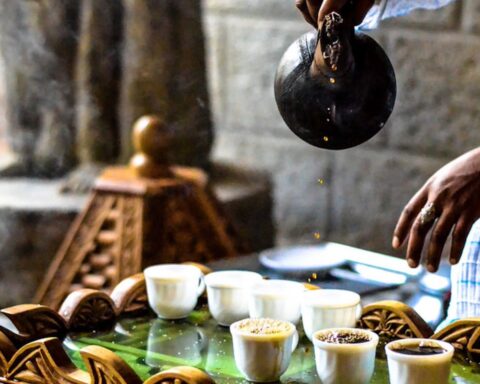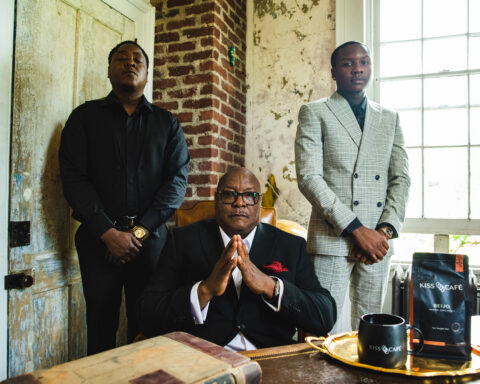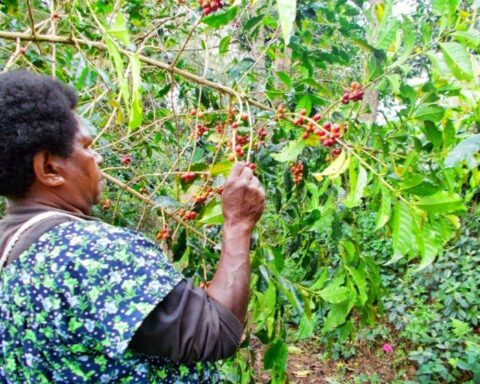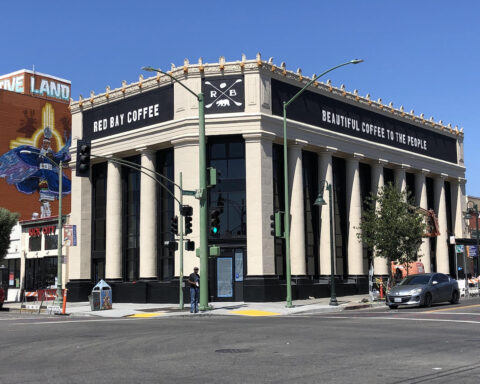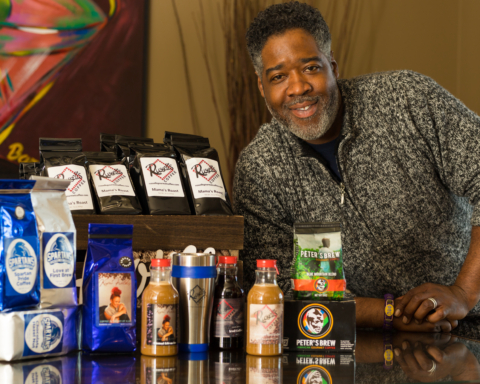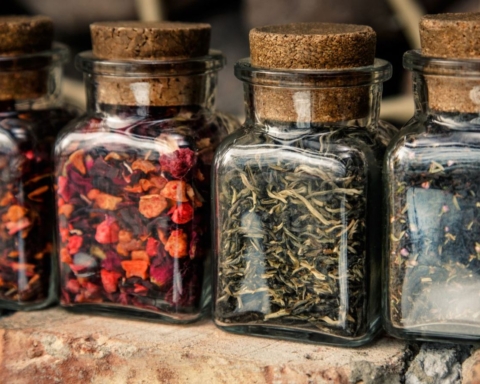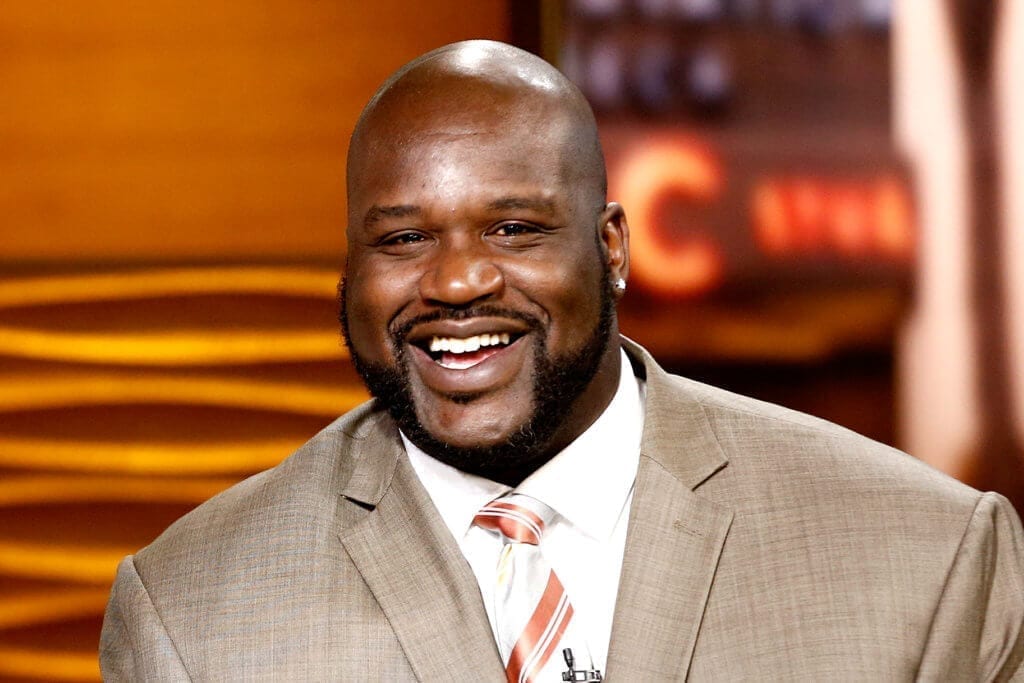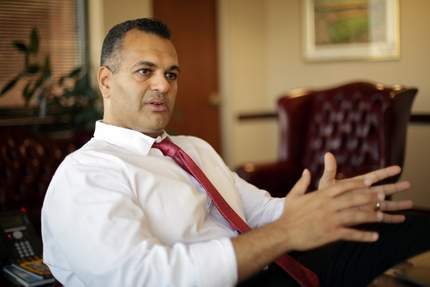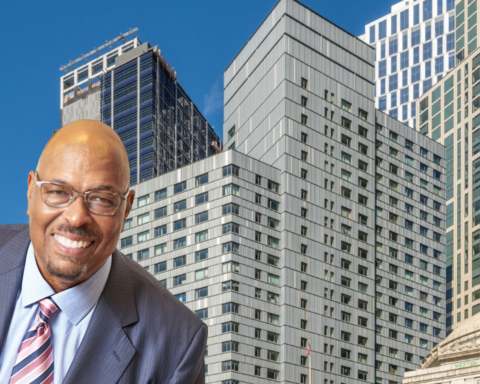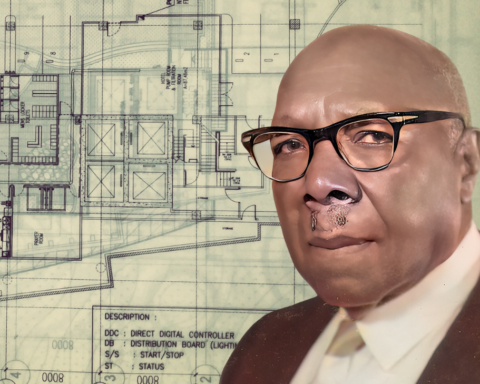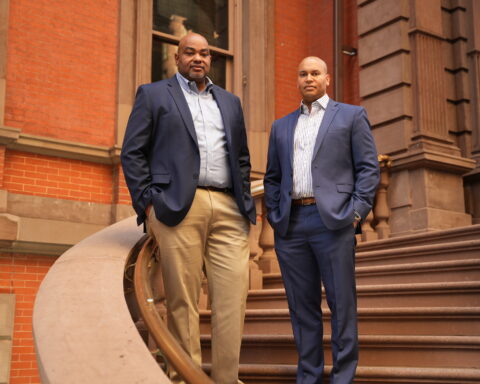GrpFit is using Technology to Promote Health and Fitness in the Black Community
GrpFit is a fitness app created to address health issues in the Black community.
Since we’re all about health and wellness, we decided to find out more about the company. We spoke to co-founder Rich Bailey and this is what he had to say.
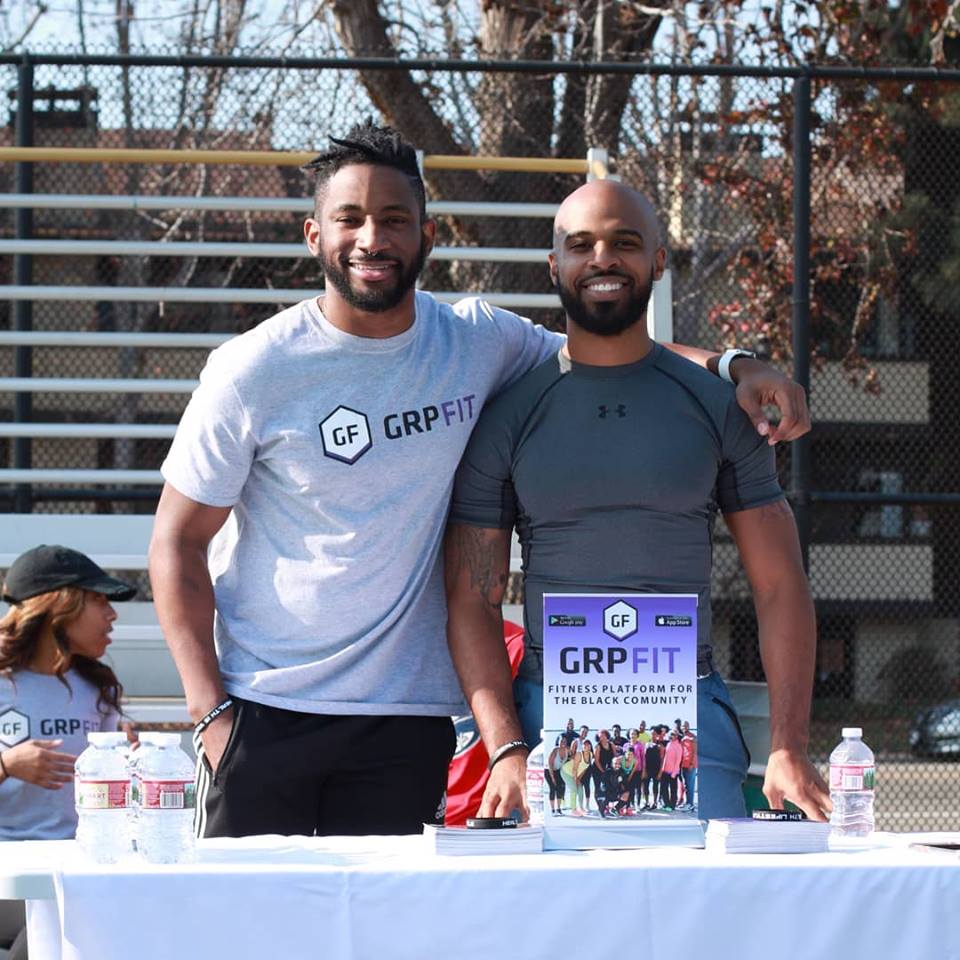
What inspired you to create Grpfit?
It’s no secret that certain health issues such as obesity, diabetes and hypertension are more prevalent in the Black community. But, some of the statistics are baffling. According to studies, 76% of our community is either overweight or obese and 43% of us have hypertension.
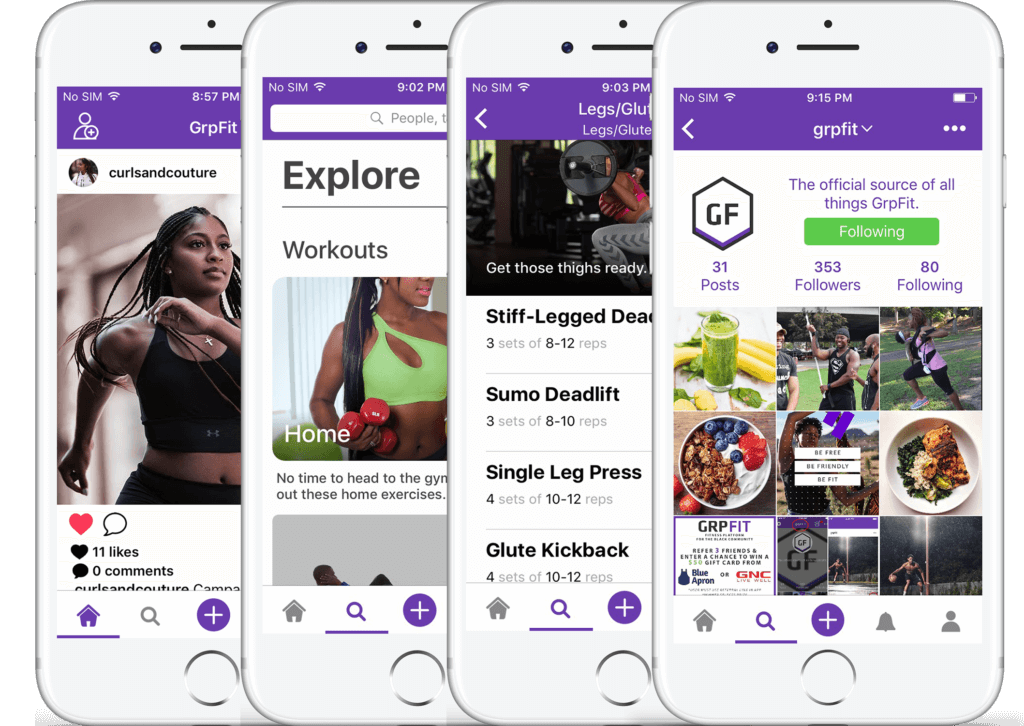
And then, when it comes to causes of deaths, heart disease and stroke are #1 and #3, respectively. A lot of these health issues can be alleviated by living and maintaining a healthy lifestyle. Because of that, we decided to create GrpFit with the mission of making the Black community a more fit and healthier one.
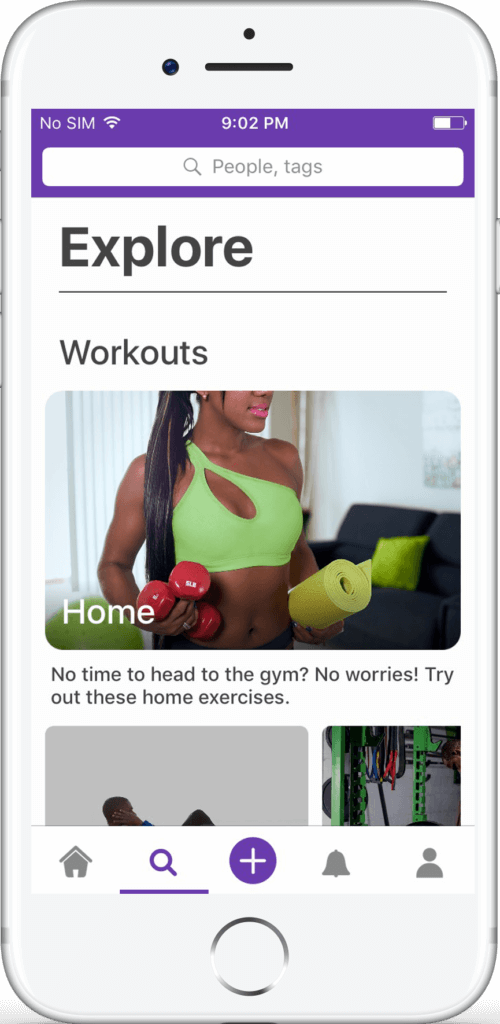
The Black community has many health issues that need to be addressed. How does GrpFit provide a solution?
GrpFit is a safe and encouraging platform for people of all fitness levels to share their fitness journeys, learn and motivate each other. Users of the app can share photos and videos, get sample workouts and read health and fitness related articles.
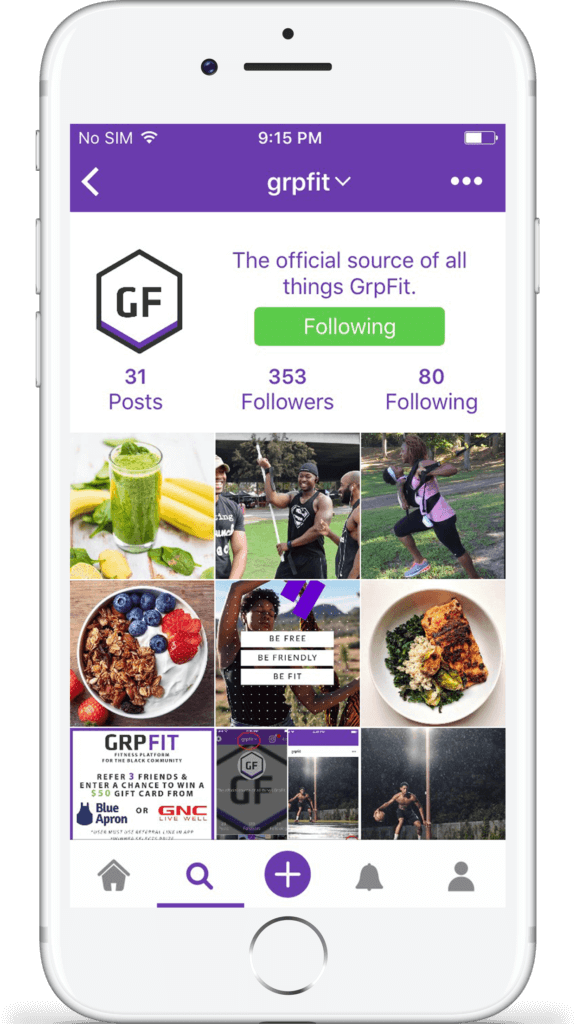
Our most powerful aspect of GrpFit is the ability to connect with other people who you can relate too. An underrated part of any fitness journey is the accountability and motivation you receive when you have a great support system and community behind you. We are providing a platform for people seek those type of connections.
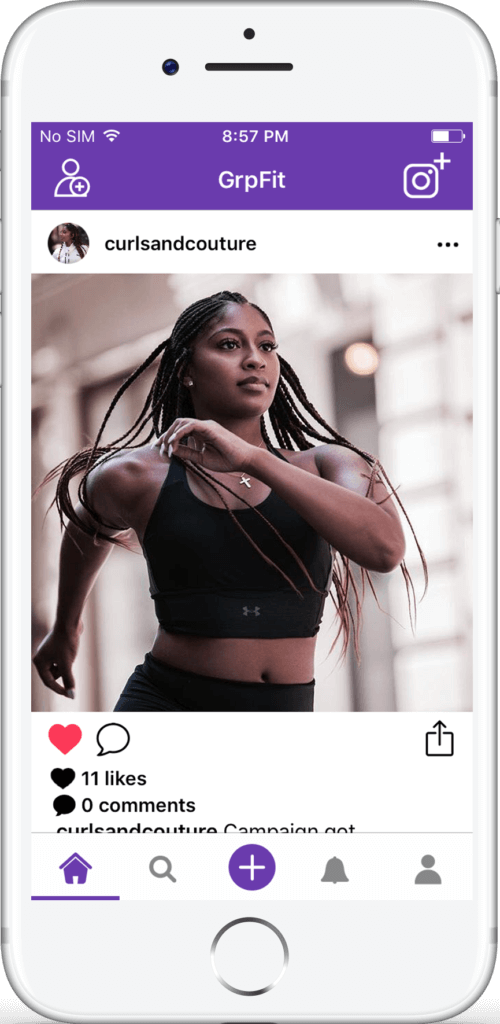
We also have a ton of other features and services that are currently being developed and will be released in the near future. Stay tuned!
What has been the most gratifying and the most challenging thing you’ve experienced as an entrepreneur thus far?
The most gratifying thing is the opportunity to serve as an inspiration to others. Becoming an entrepreneur/tech startup founder is no easy feat, so showing other people that it can be done is so fulfilling.
The most challenging thing I’ve experienced is being able balancing the pressure to succeed with taking your time to figure out what’s right for your company and brand. The pressure to succeed can often lead to making quick decisions that aren’t fully thought through. Every decision you will make should tie back to your vision/brand and what’s best for your users.
Tell us about your 21 day fitness challenge.
The 21-Day Challenge was something we did back in January and February of this year with 21Ninety and Gym Hooky. Its purpose was to provide women the tools and resources to create lifestyle changing habits as it relates to health and fitness.
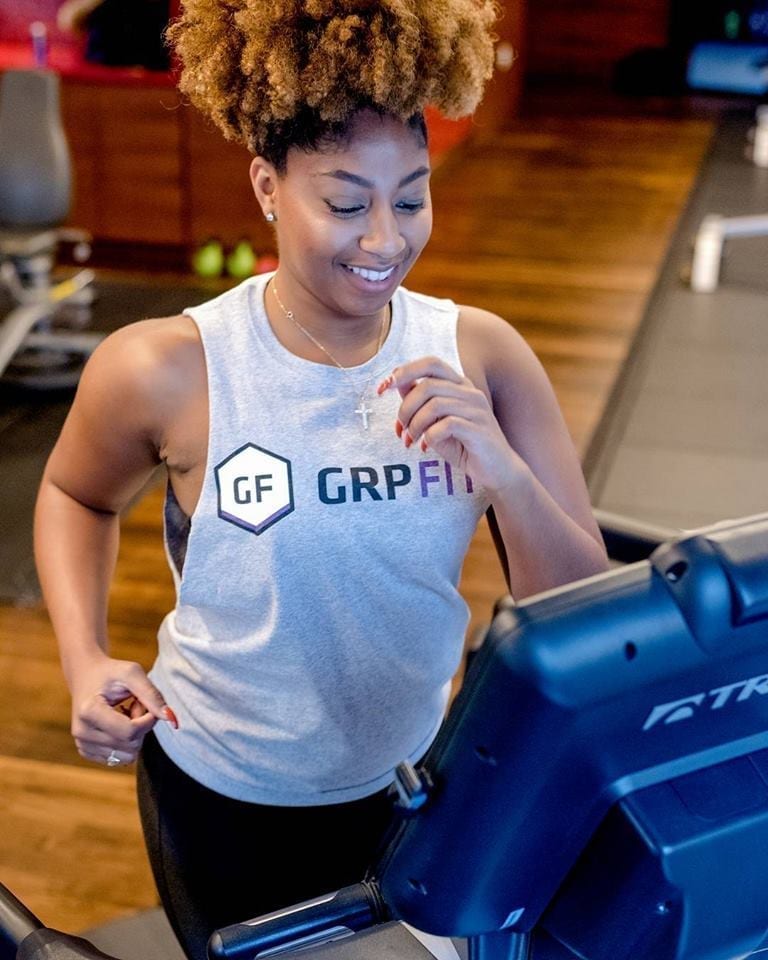
We provided the members with community support, weekly Q&A sessions, daily challenges and guides that helped them create goals, choose better foods and pick and perform exercises.
Where do you see the company in 5 years?
In 5 years, GrpFit will be the one-stop-shop for everything related to Black Health and Fitness. We want to be atop of everyone’s mind when it comes exercising, advice, fitness communities and a source of information. Ultimately, we want GrpFit to be synonymous with Black Health and Fitness.
What advice do you have for aspiring entrepreneurs?
Nothing is too hard to accomplish. If you don’t have the necessary skills to embark on your entrepreneurial journey, then take the time to educate yourself and surround yourself with others who complement your skills. Also, be prepared to learn along the way and always keep an open mind to changing things at a drop of a dime. The latter is crucial because what you think may be a great idea may not be what people want.
GrpFit is currently available on iOS and Android.
-Tony Oluwatoyin Lawson (IG @thebusyafrican)

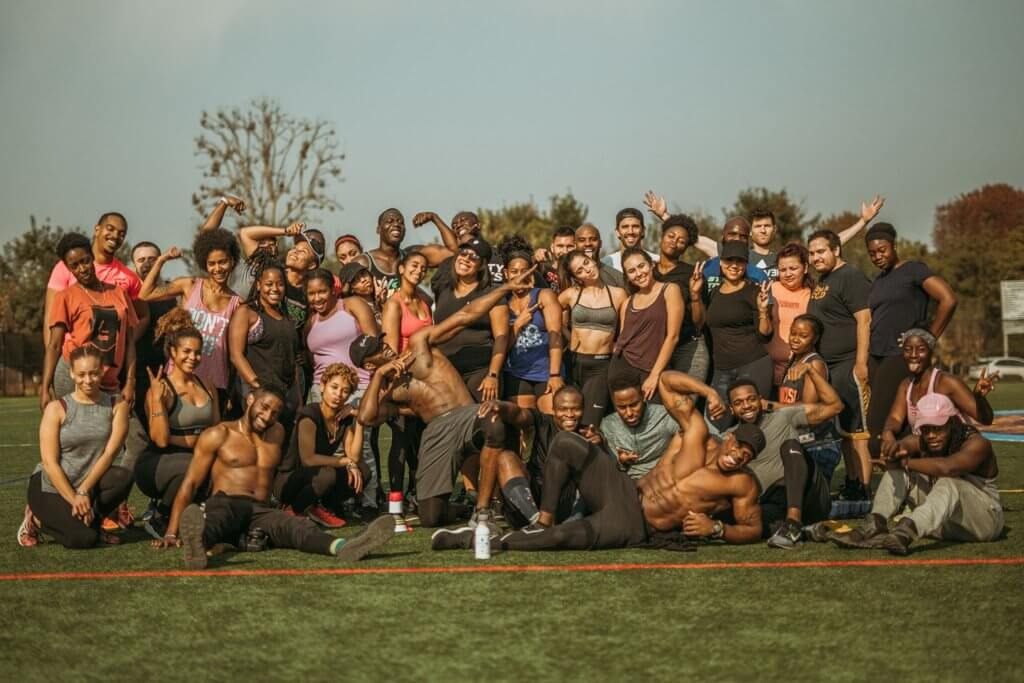

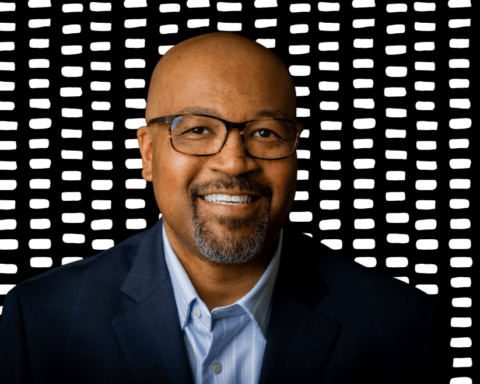
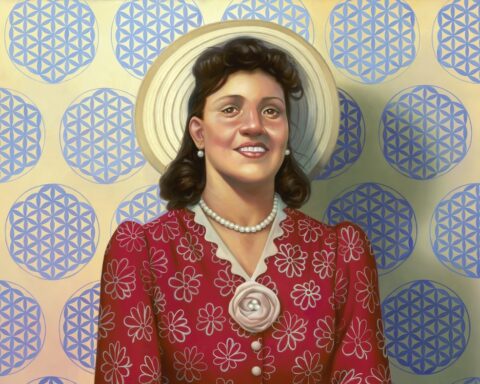




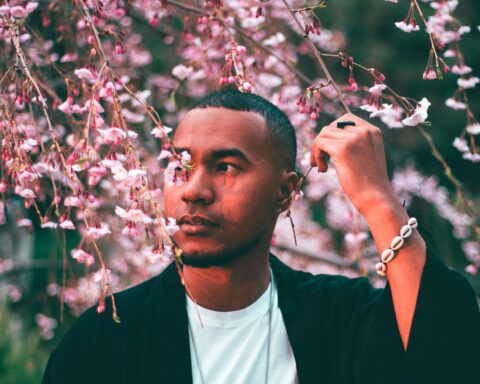


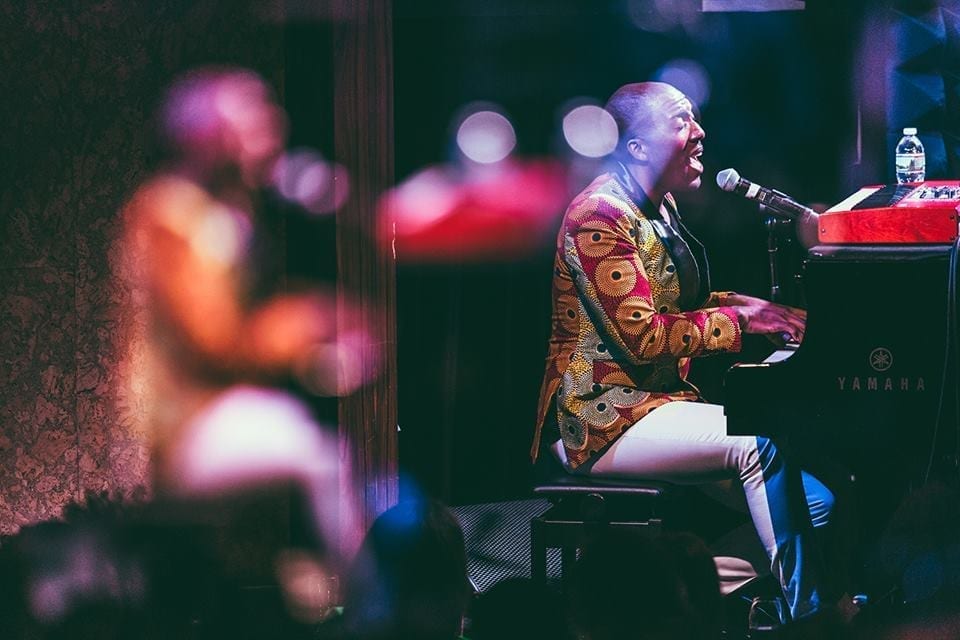
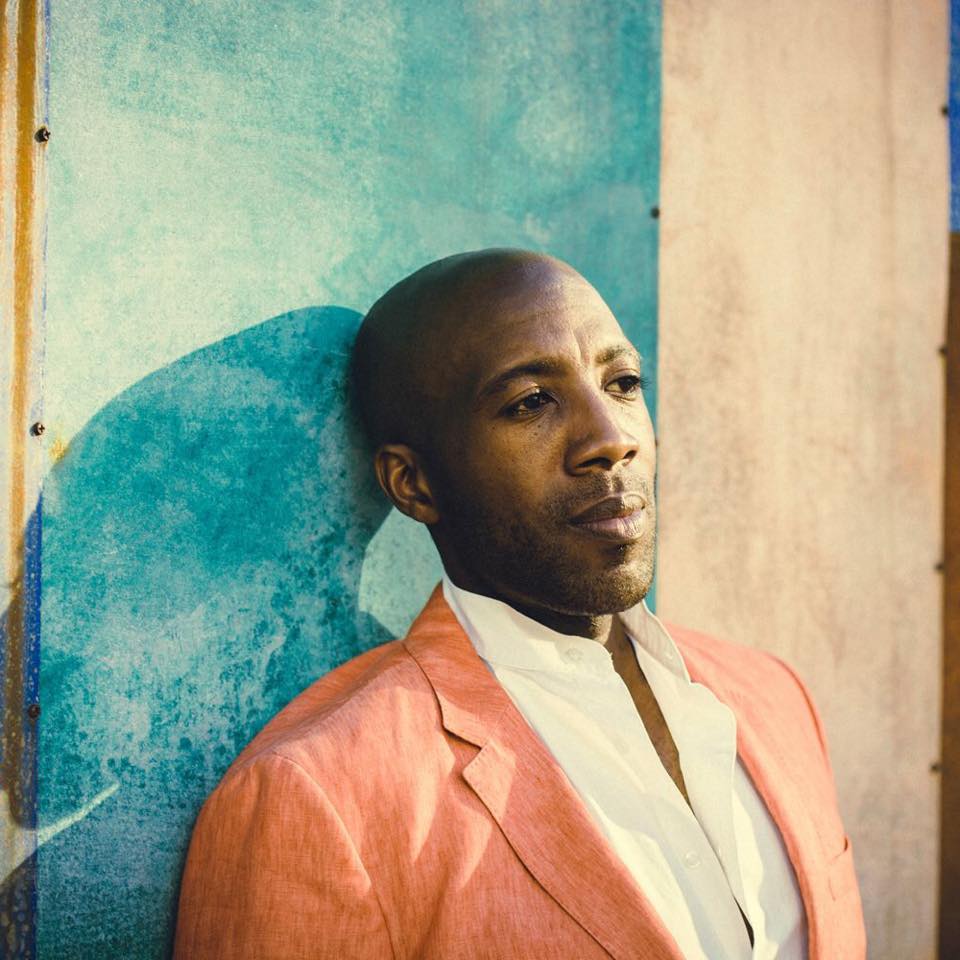
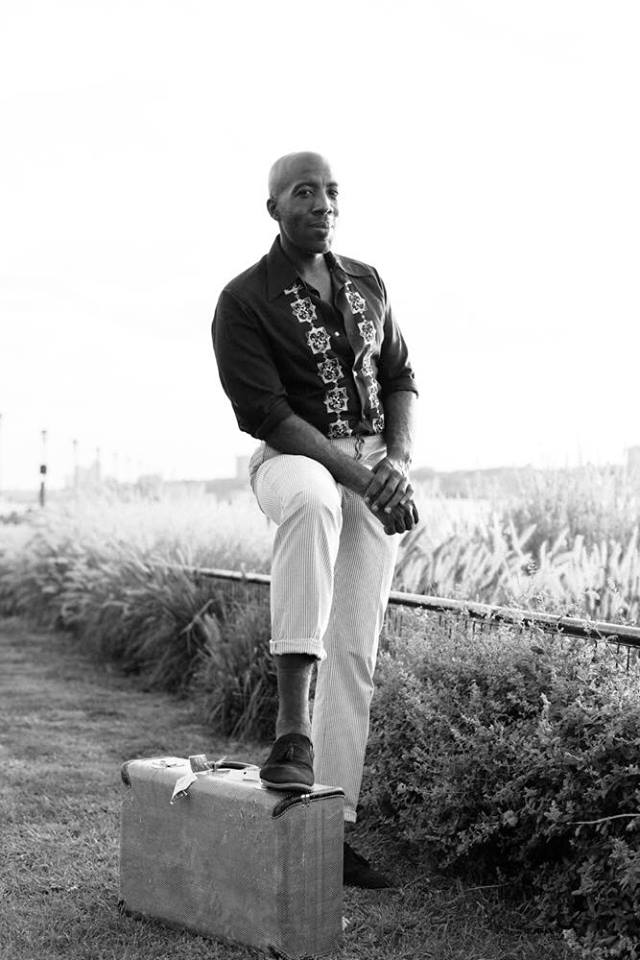
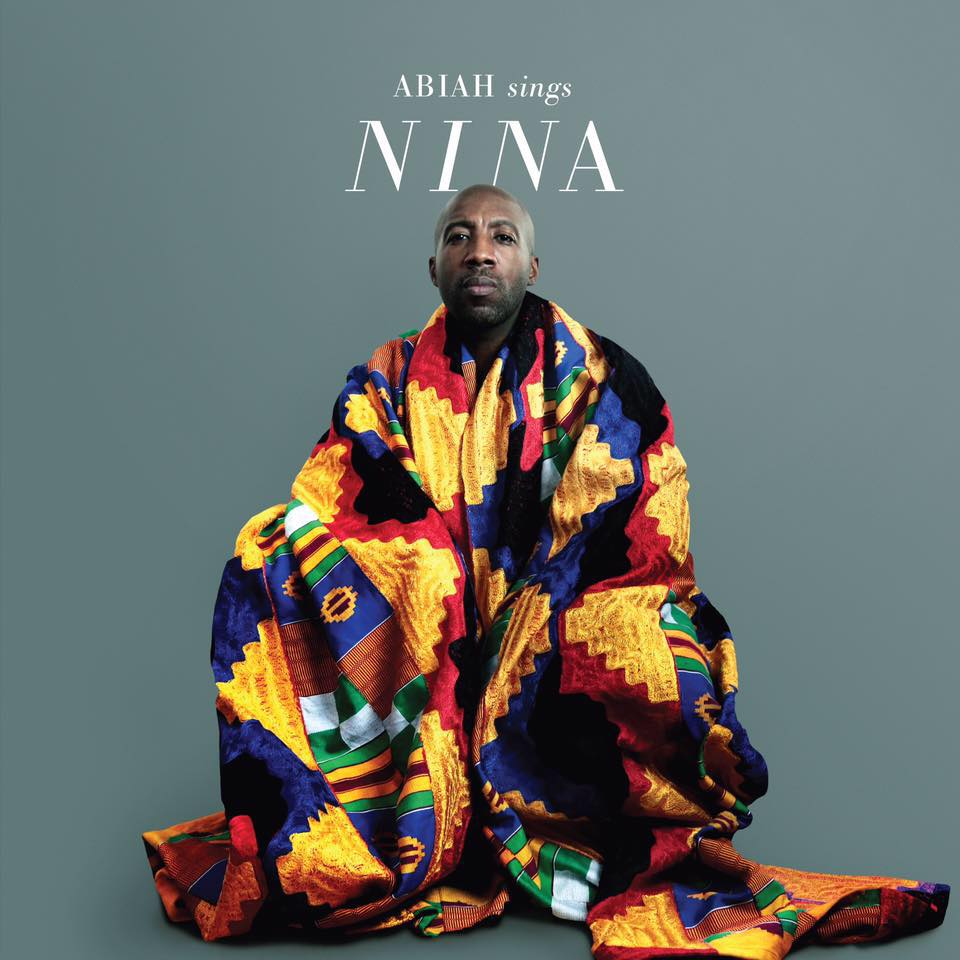

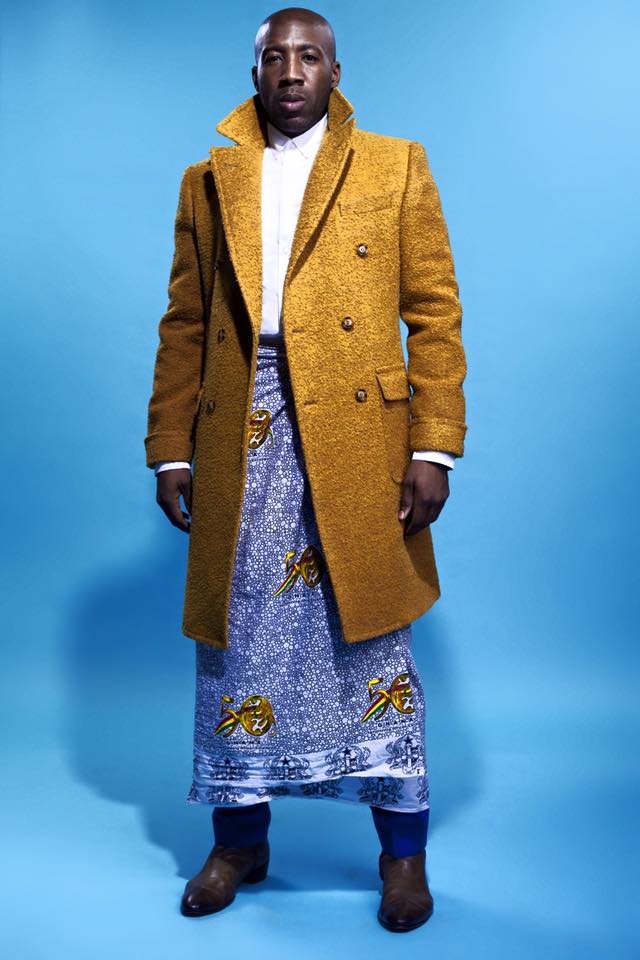
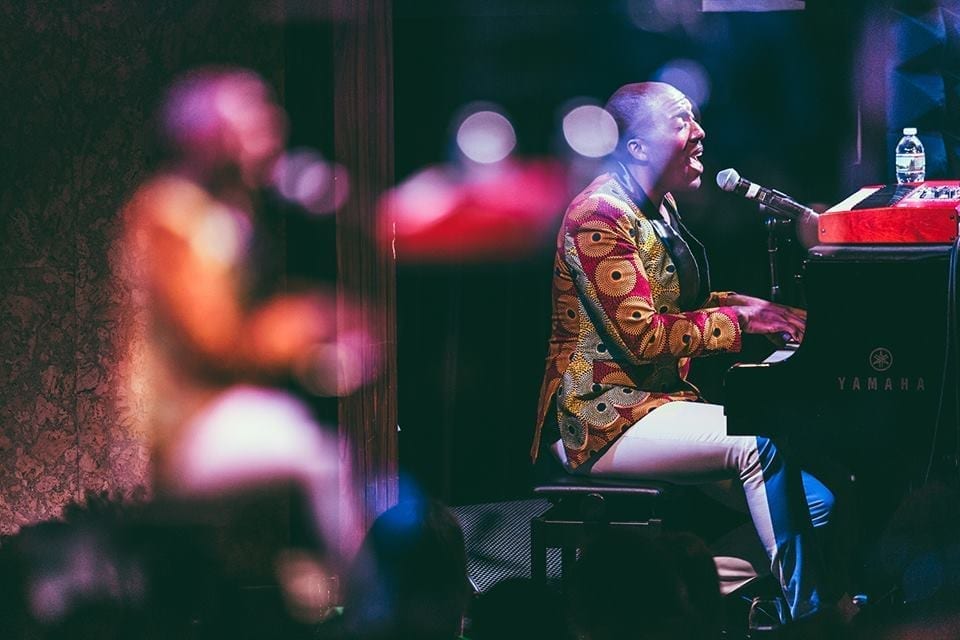
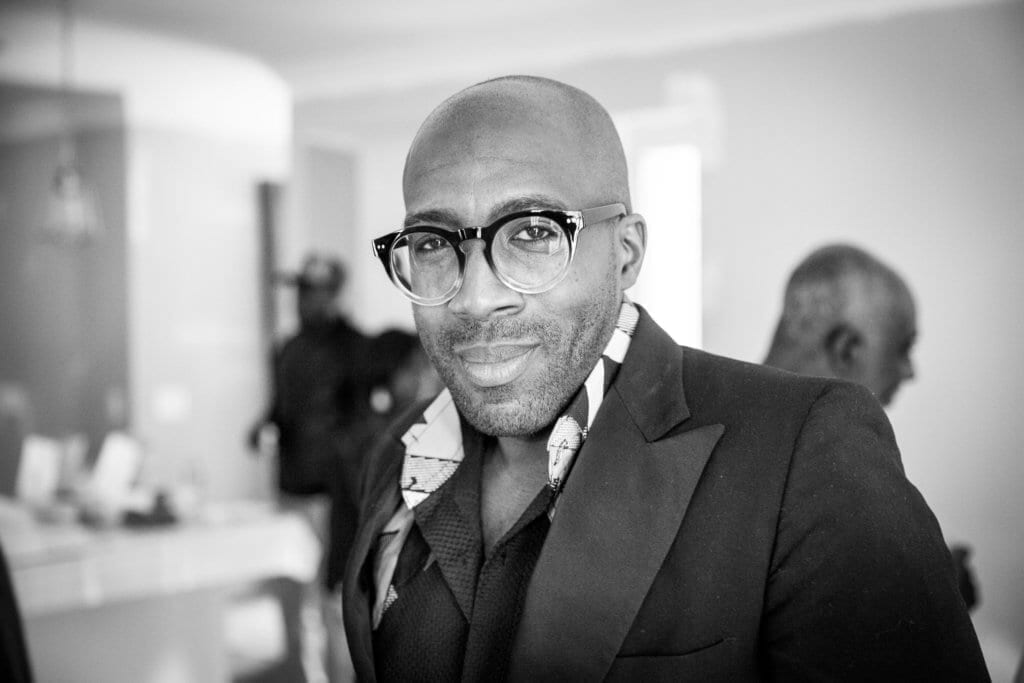
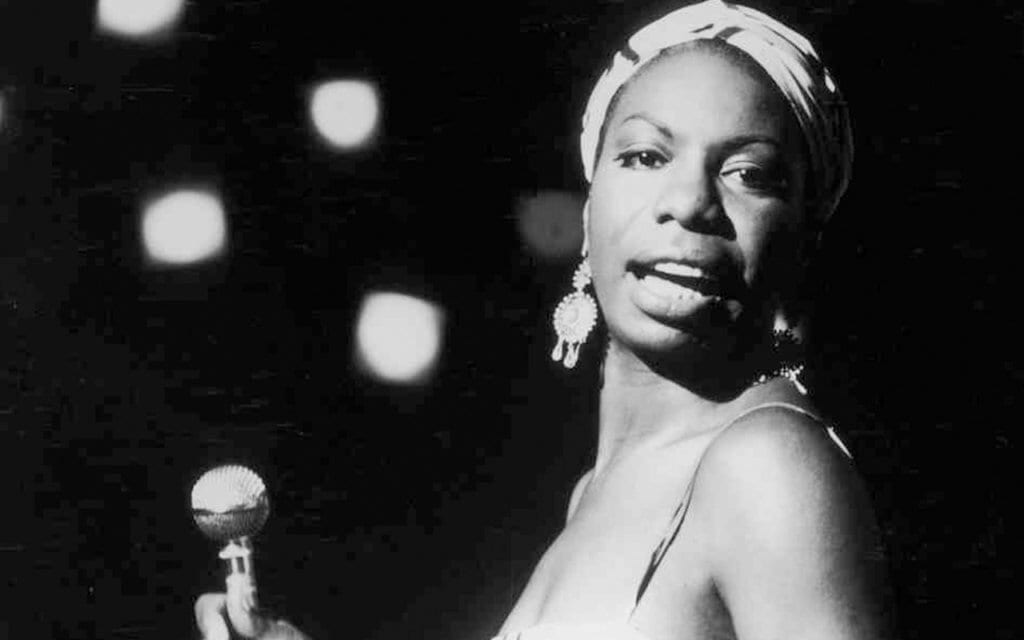
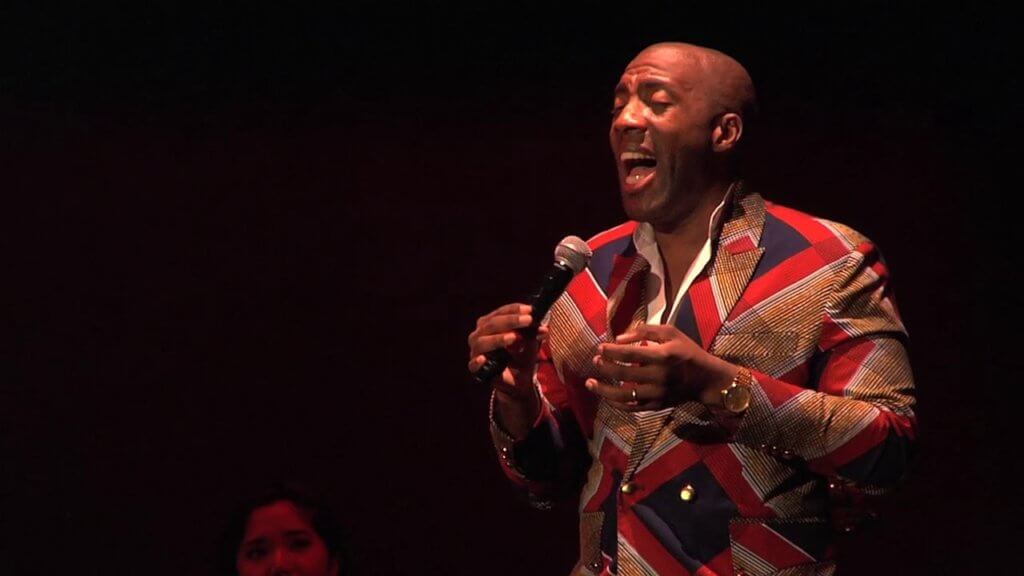


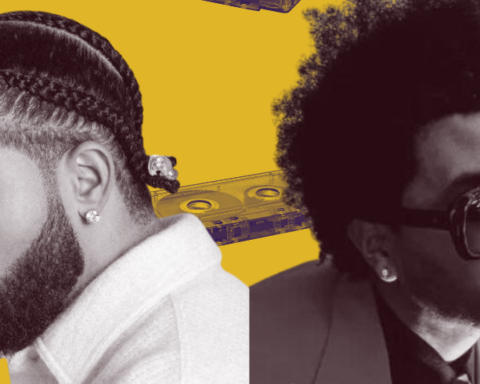
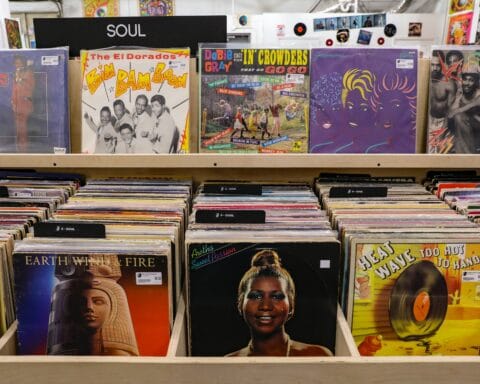
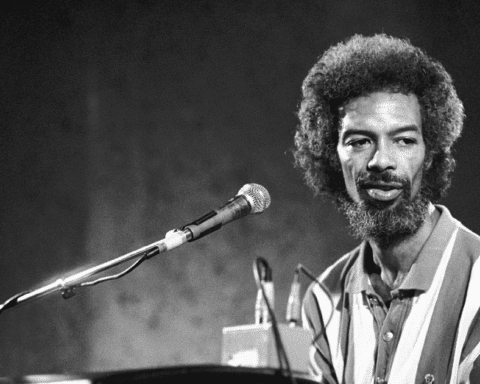
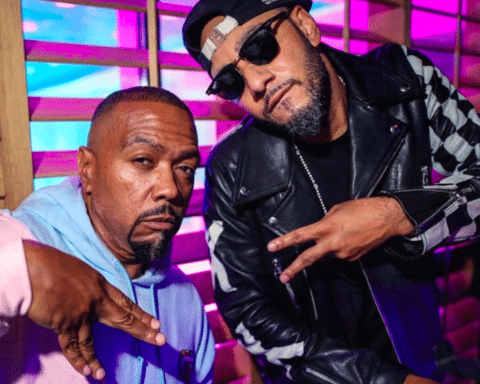

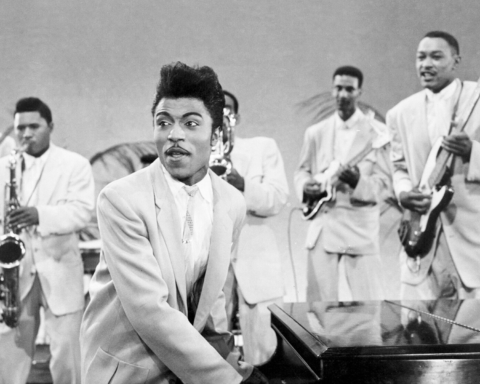
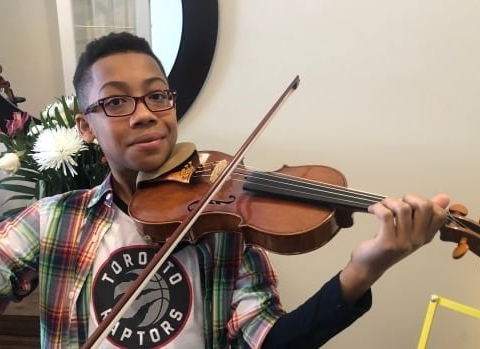


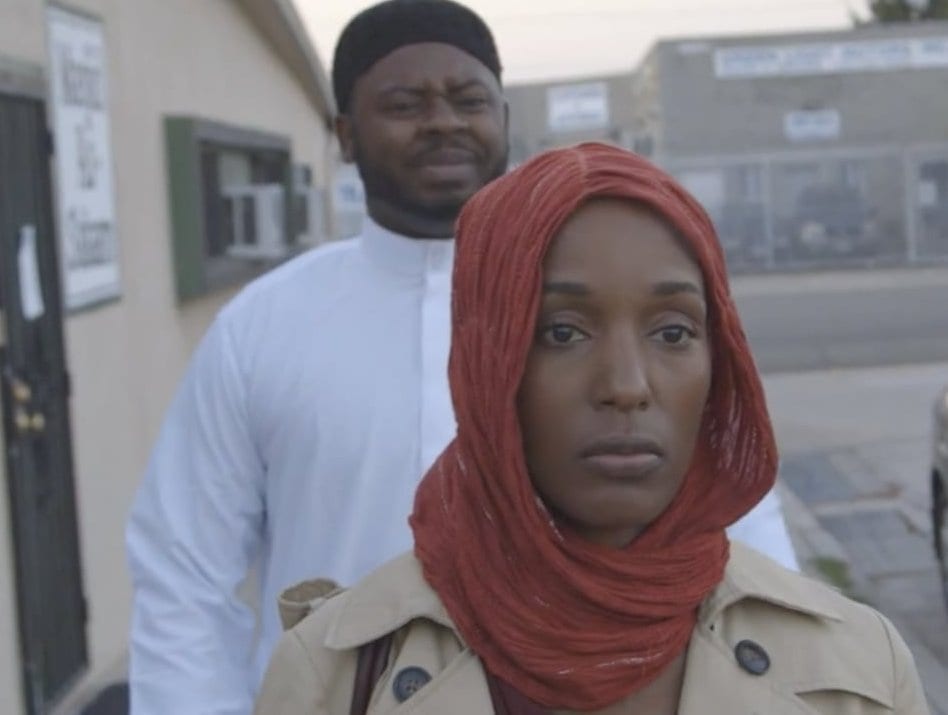
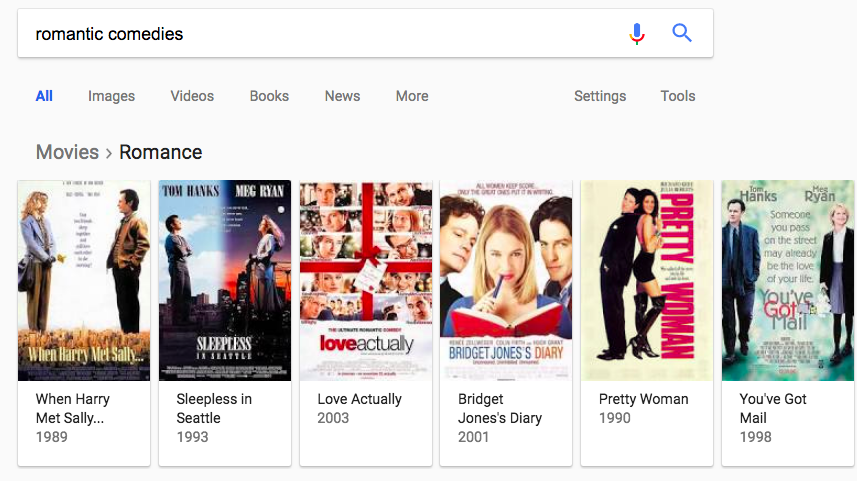
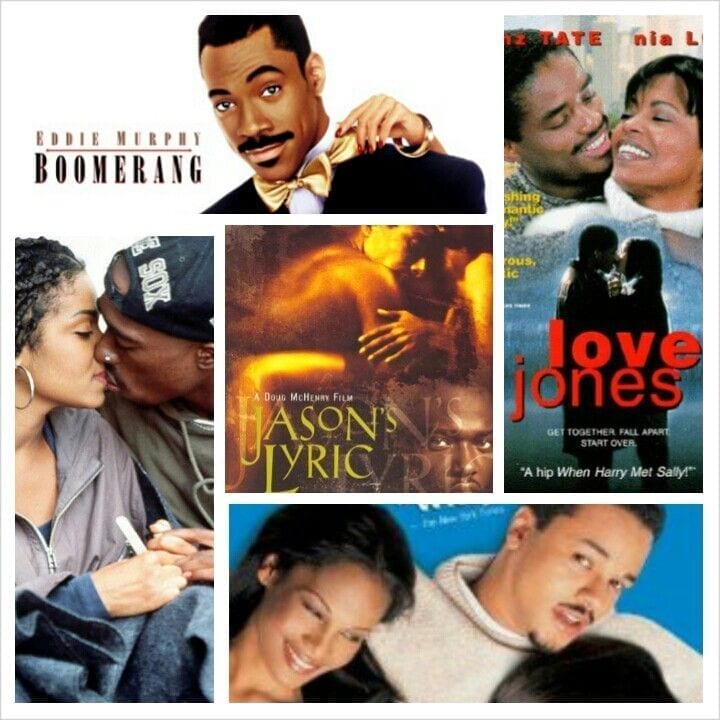
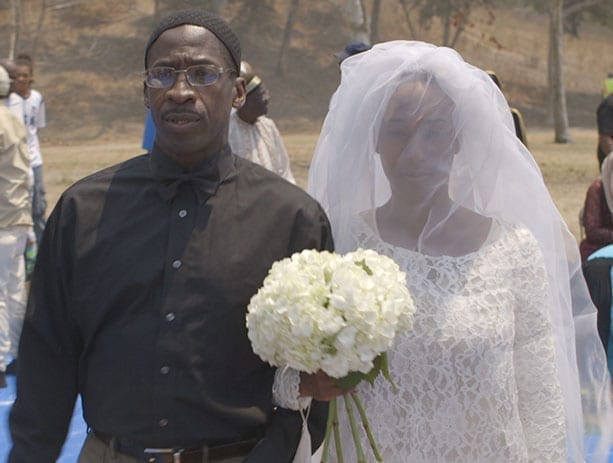
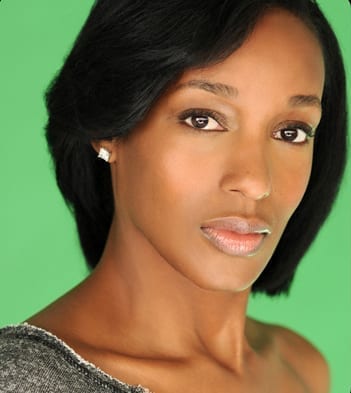
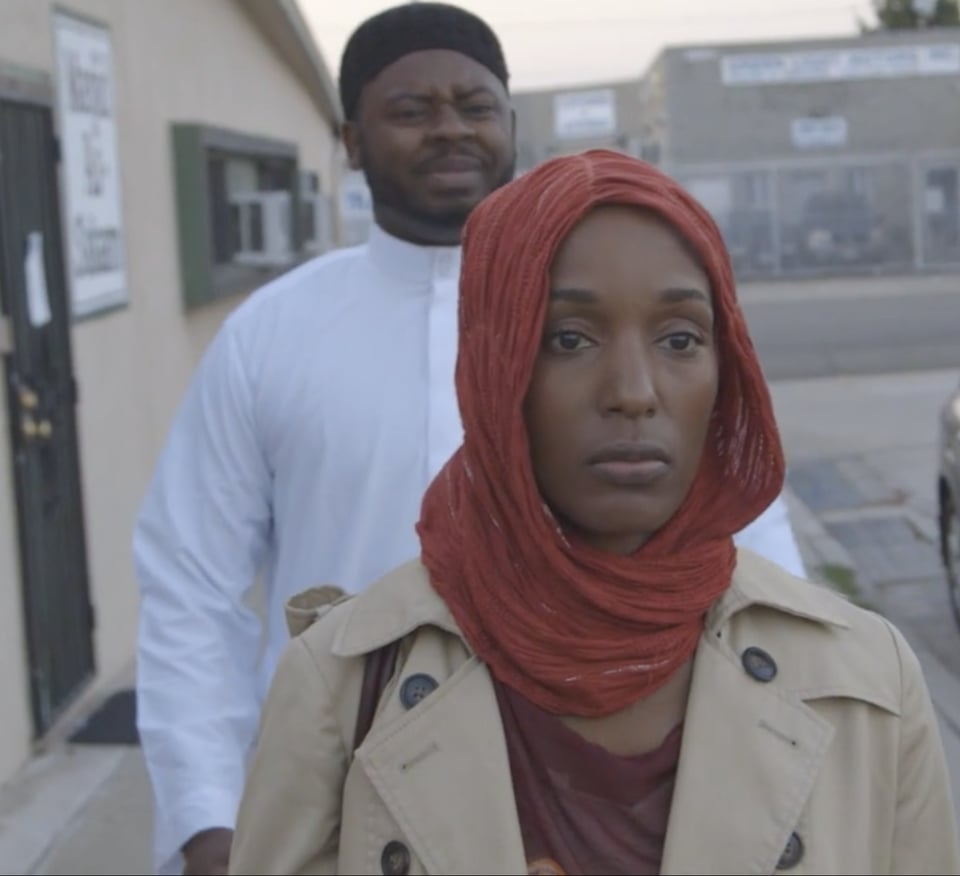
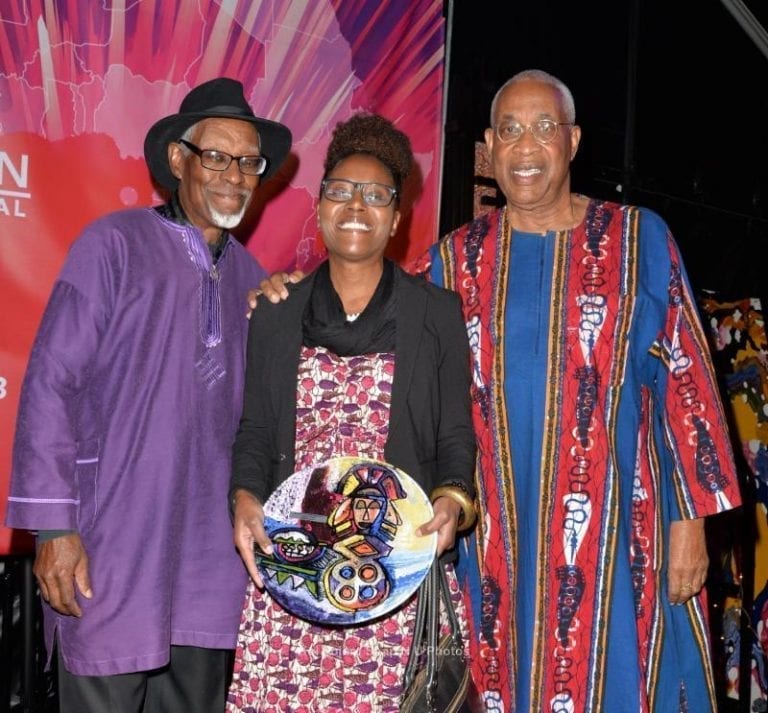
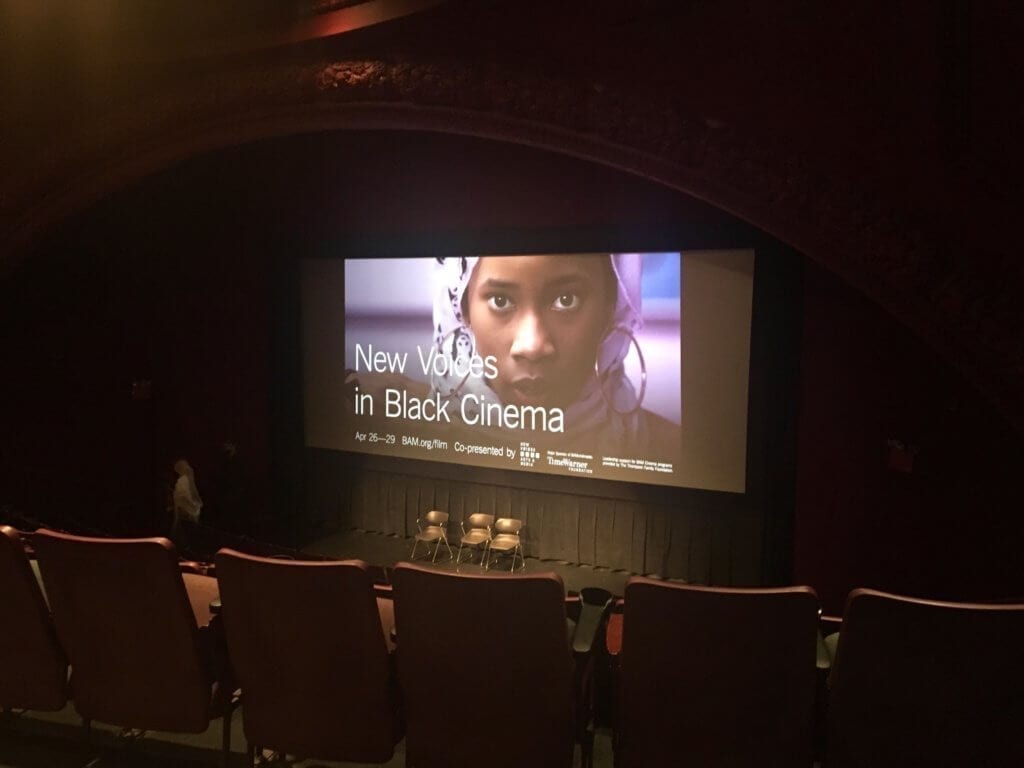
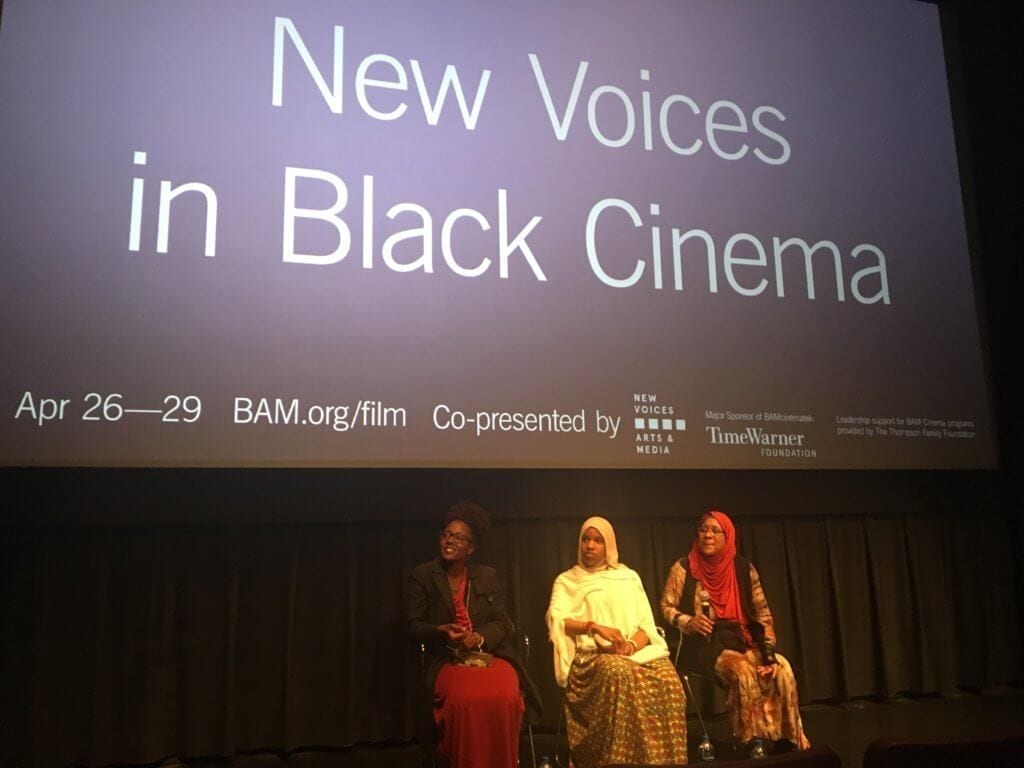
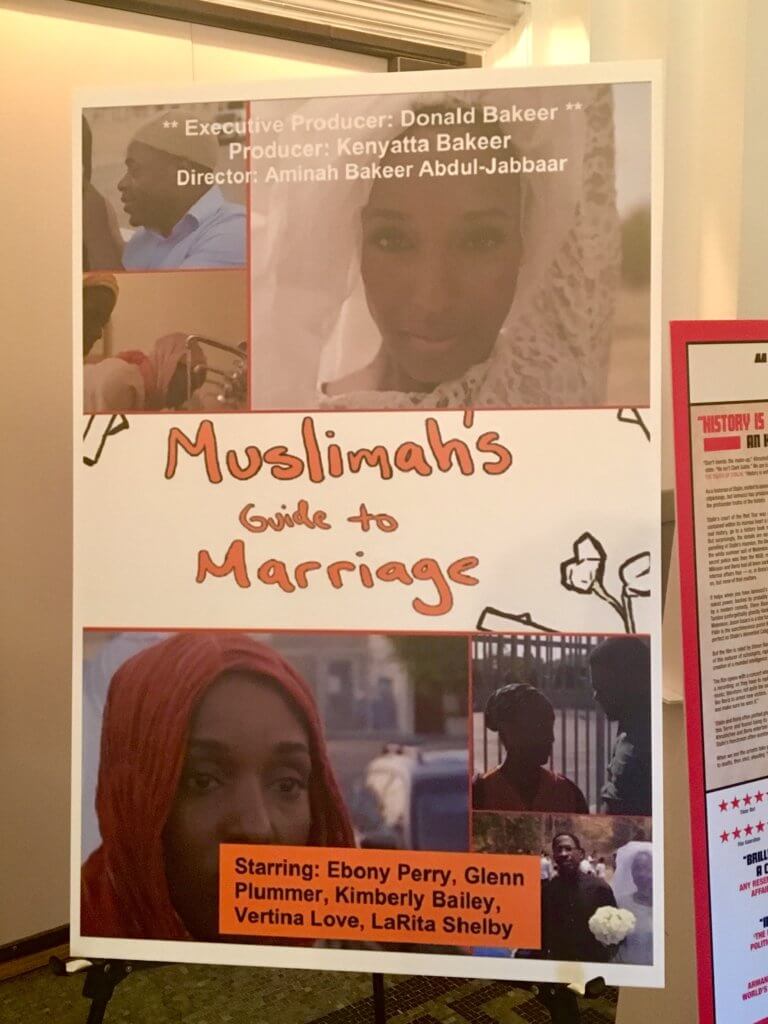

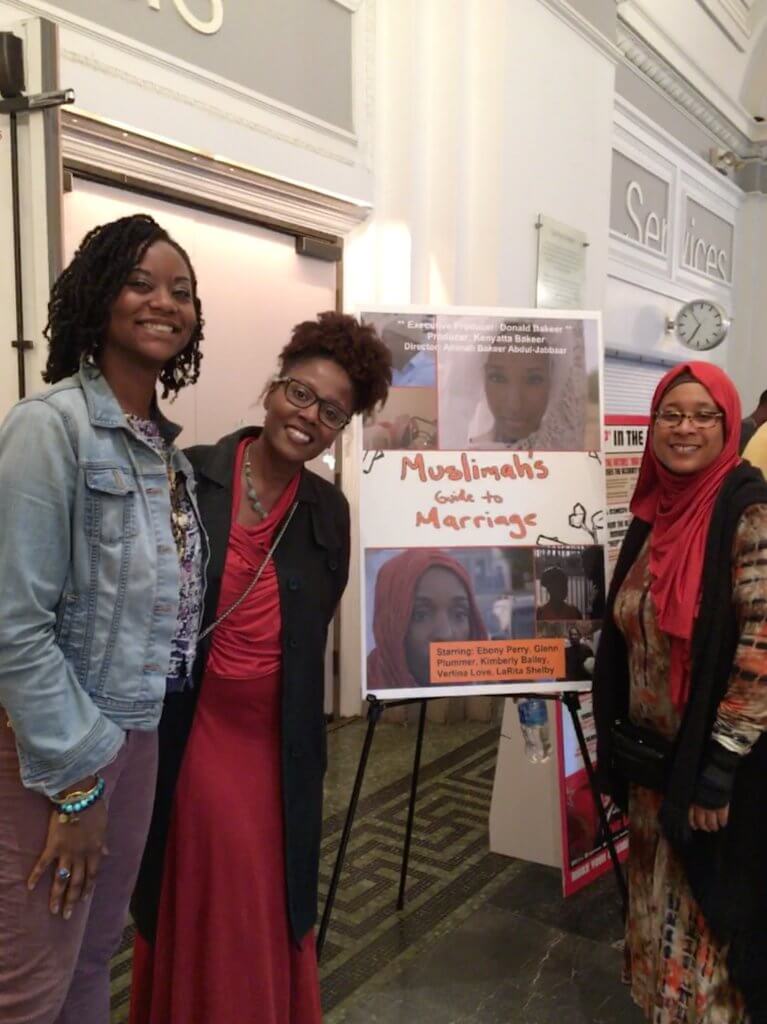
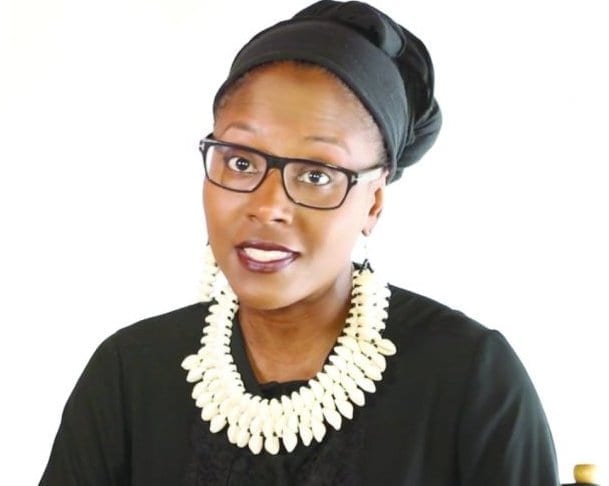
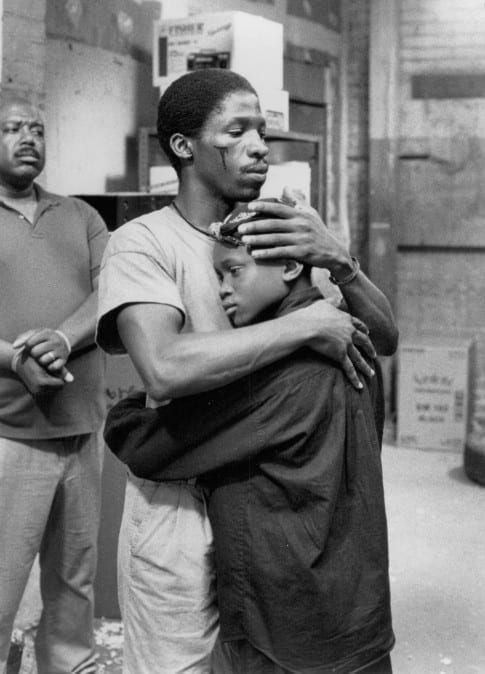
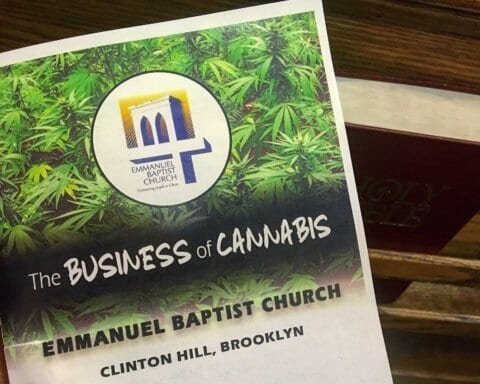
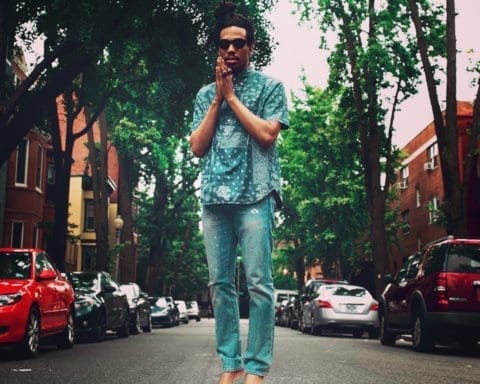
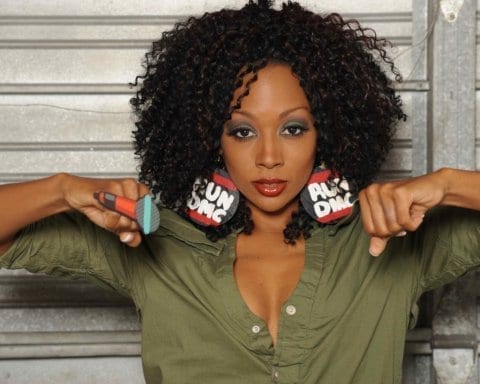
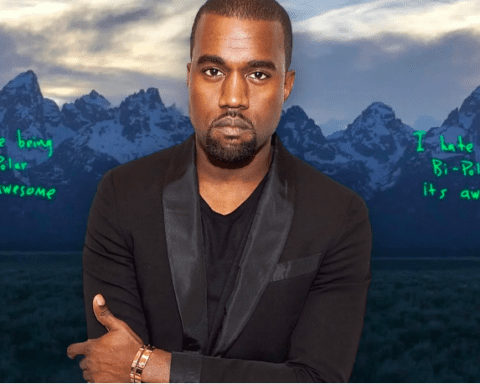
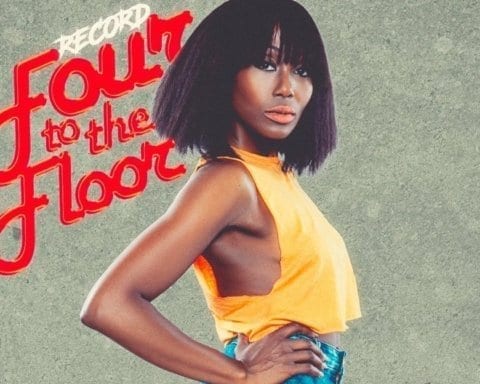
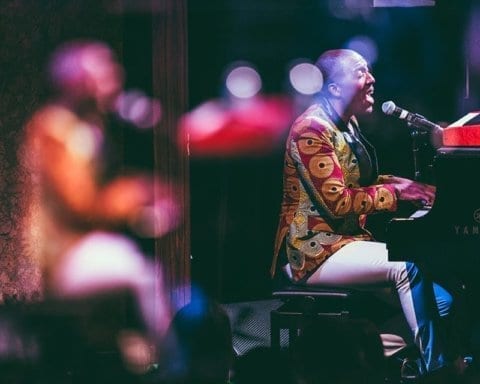
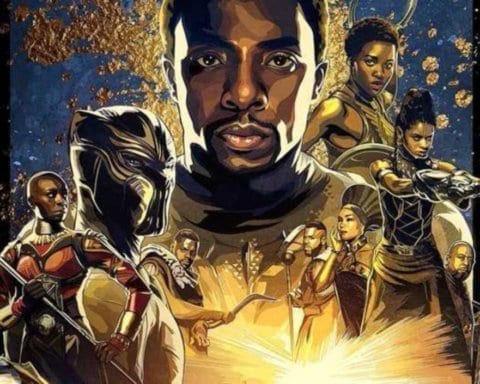
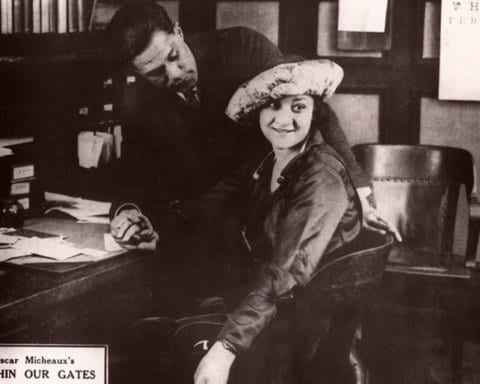
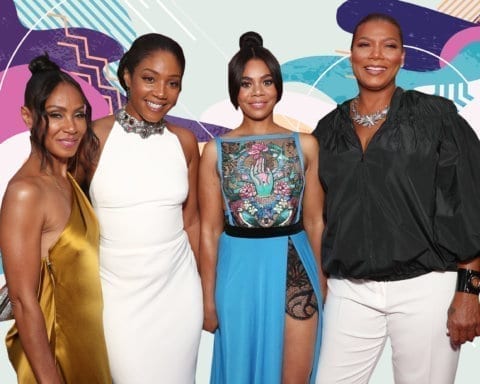
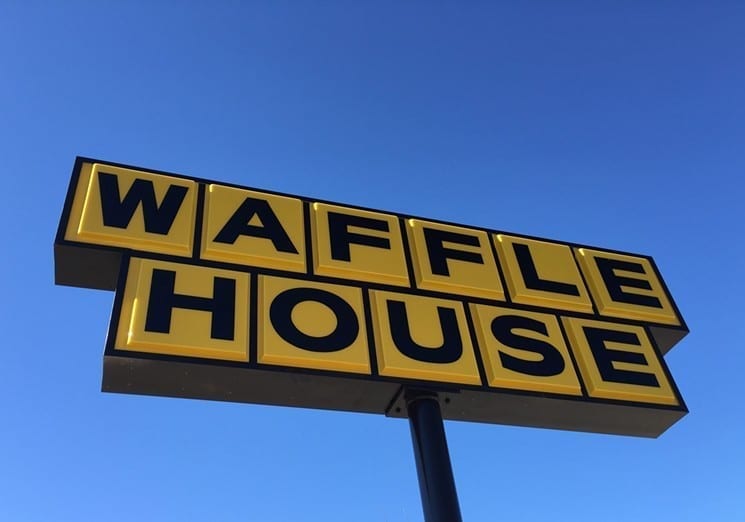
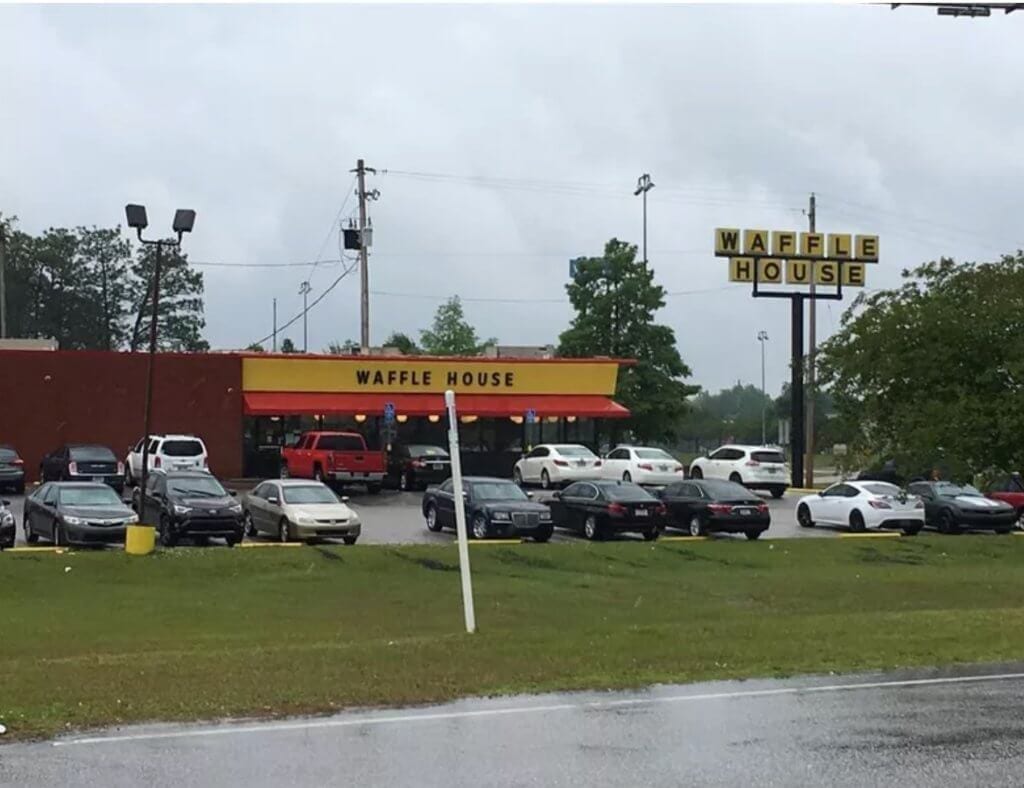
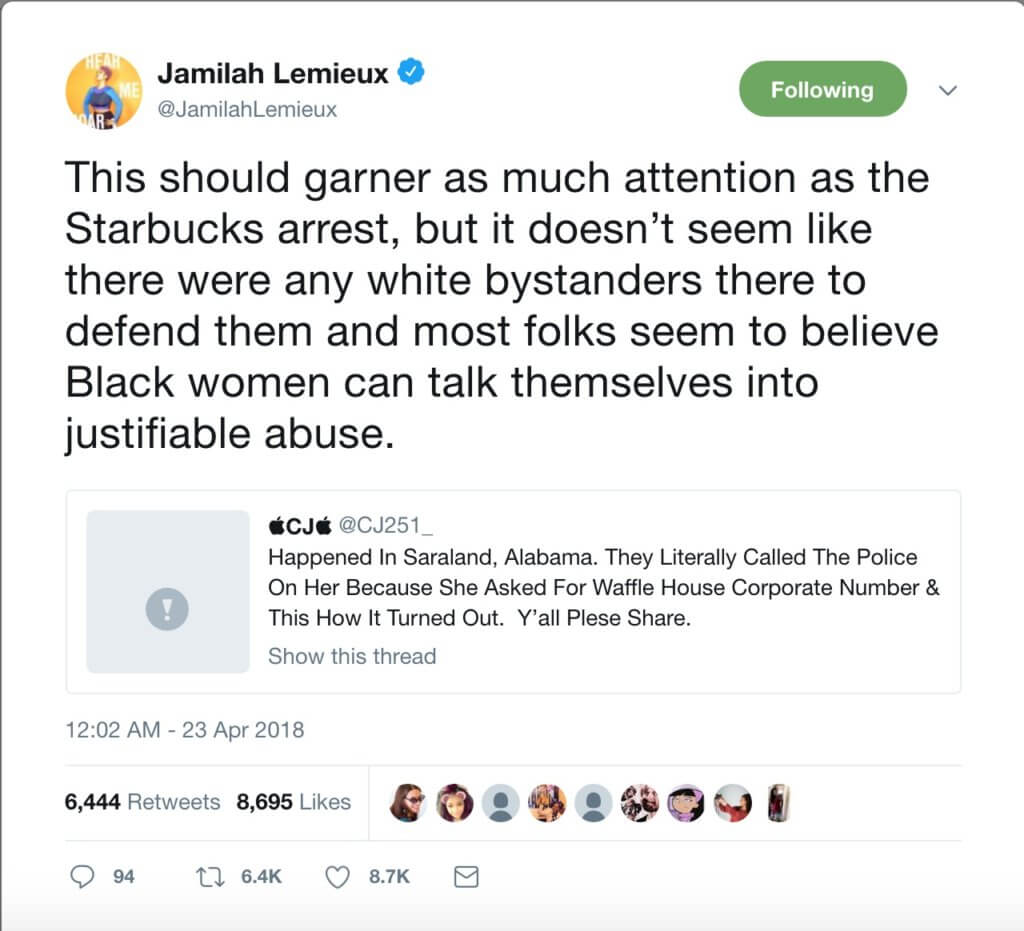
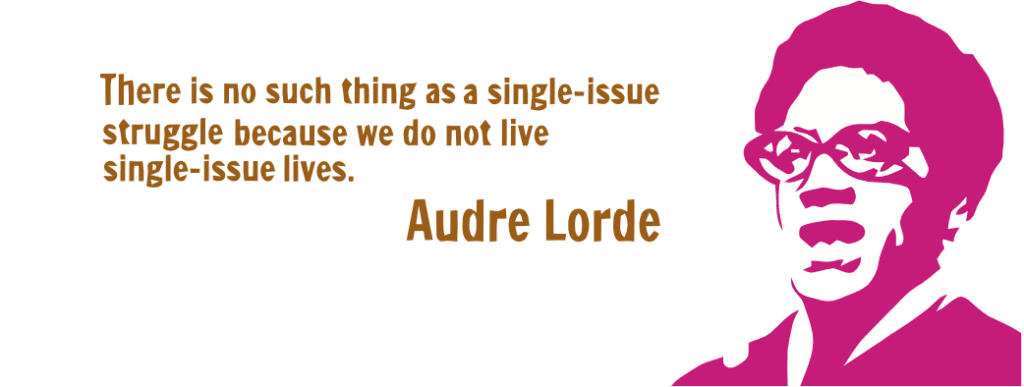
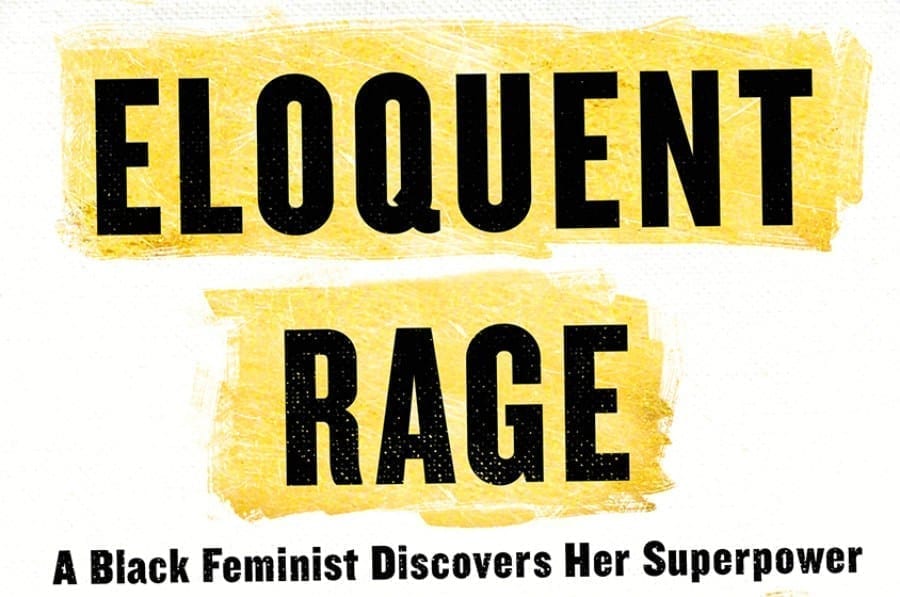
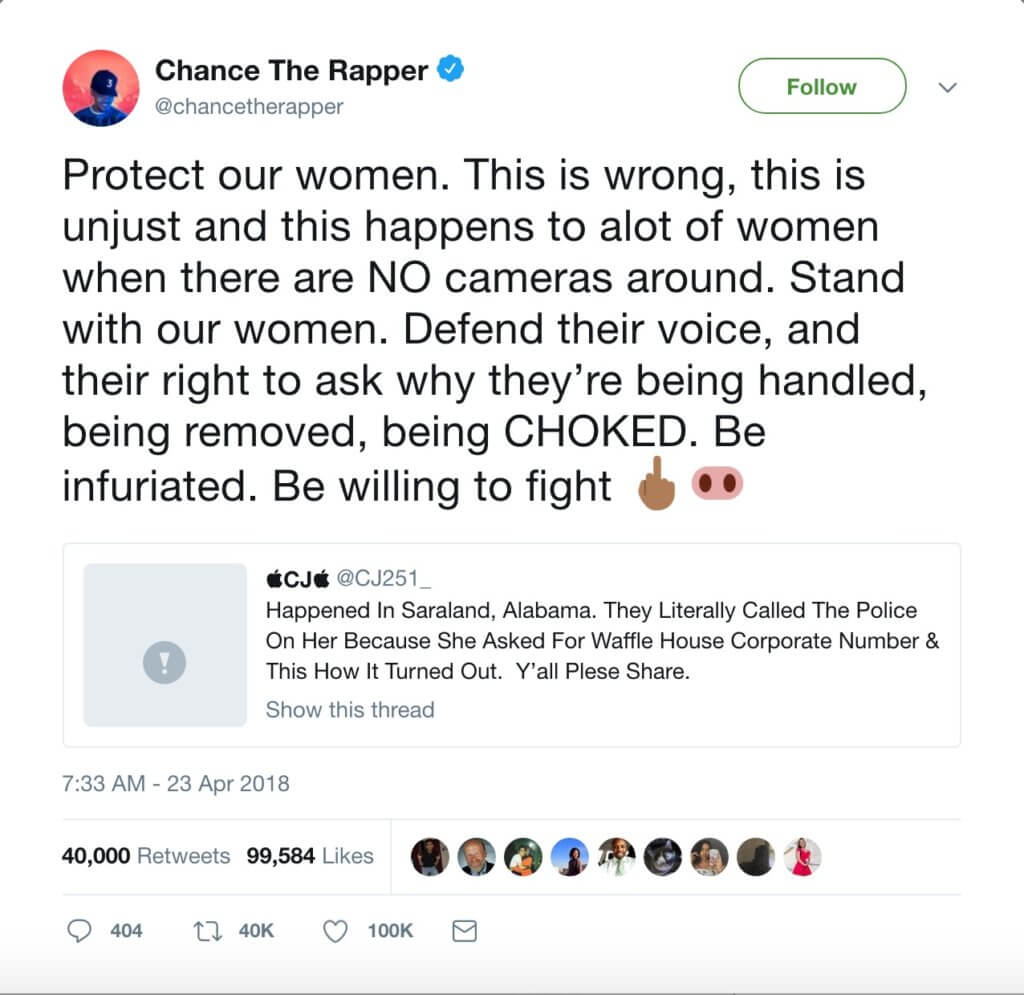
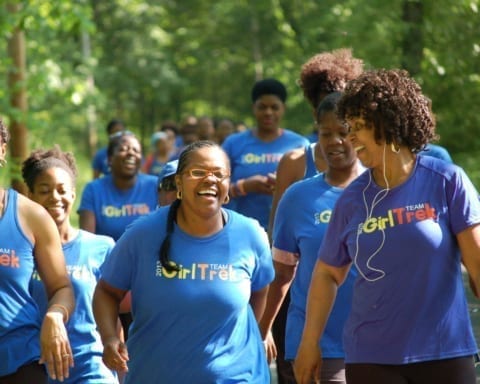
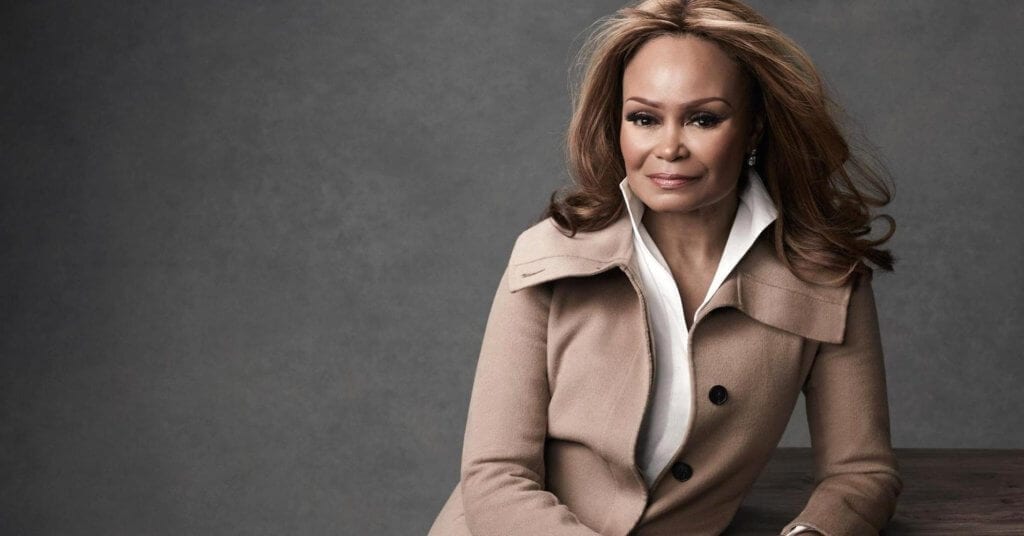
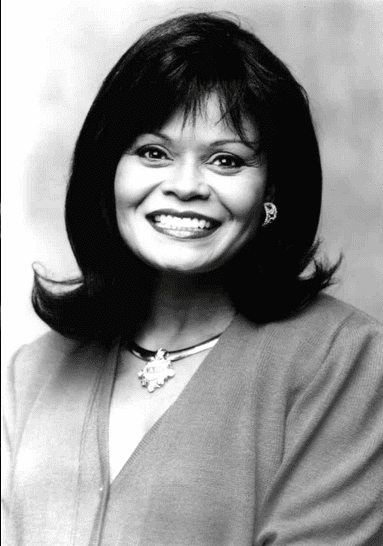
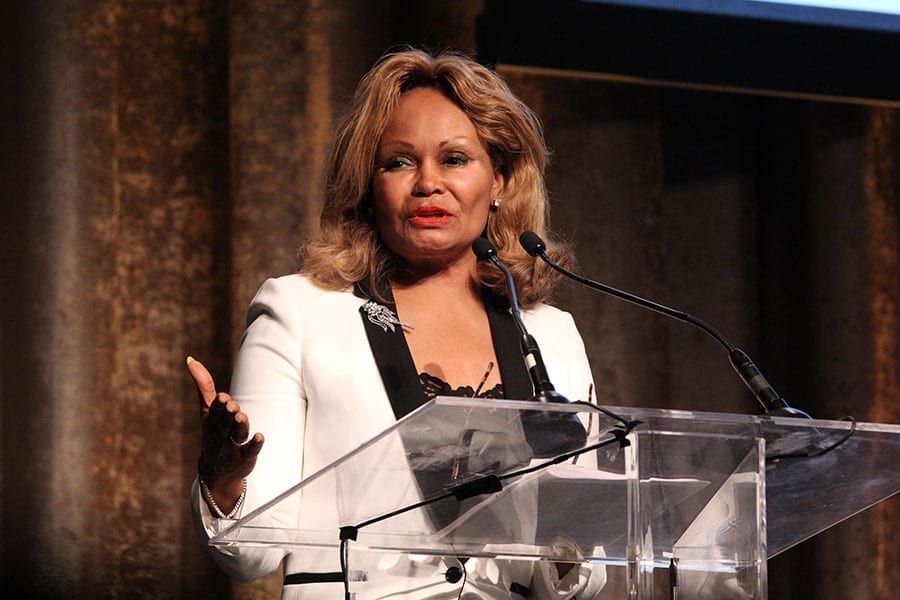
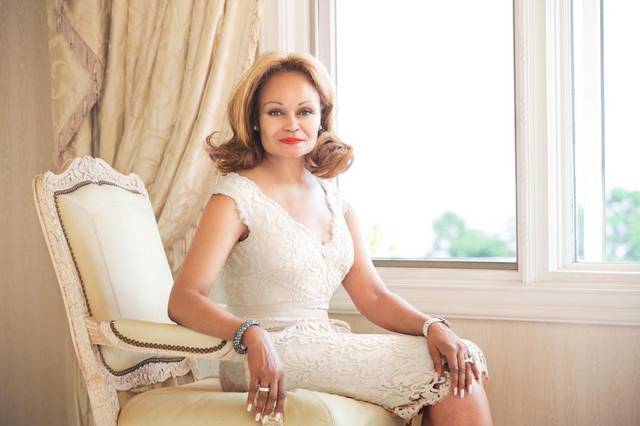
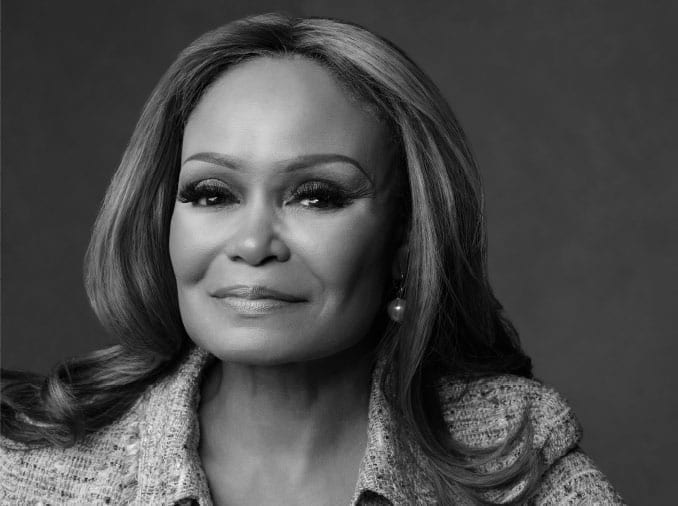
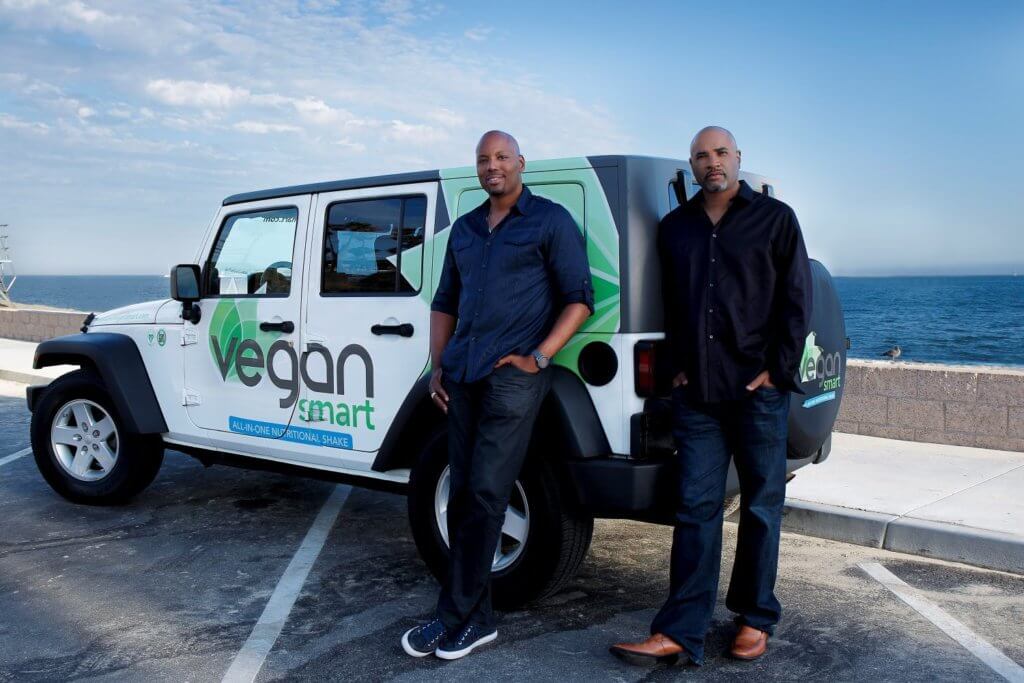
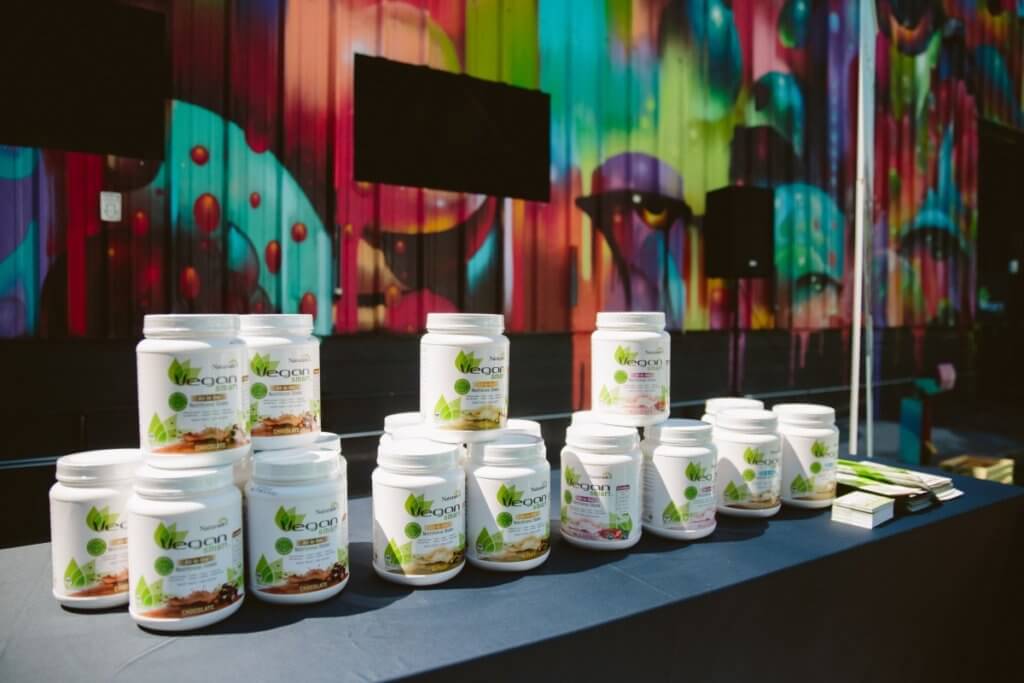
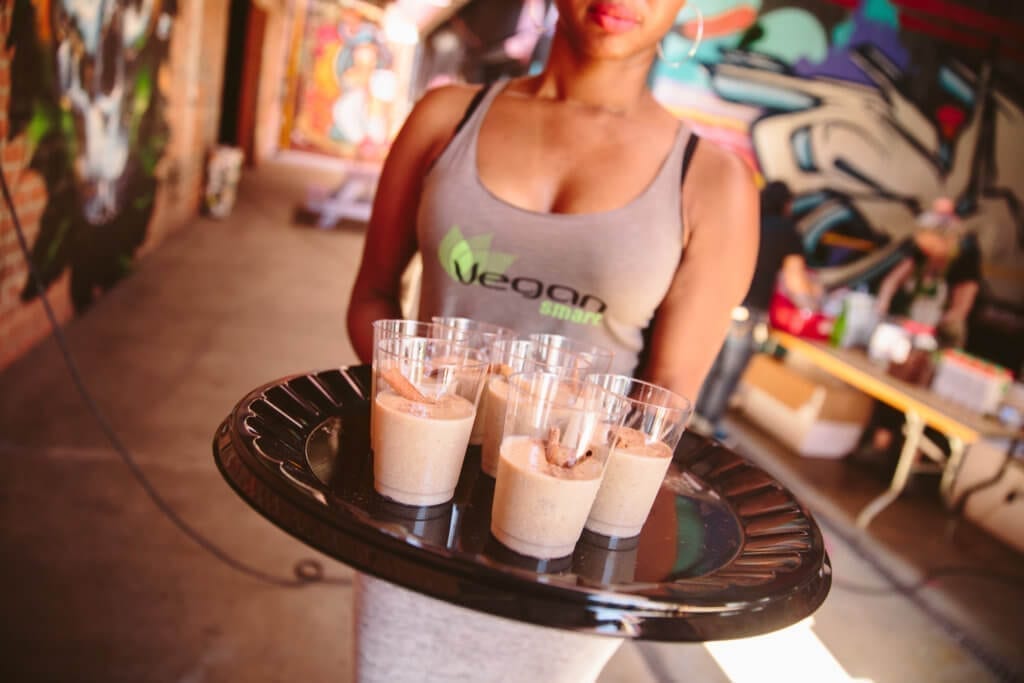
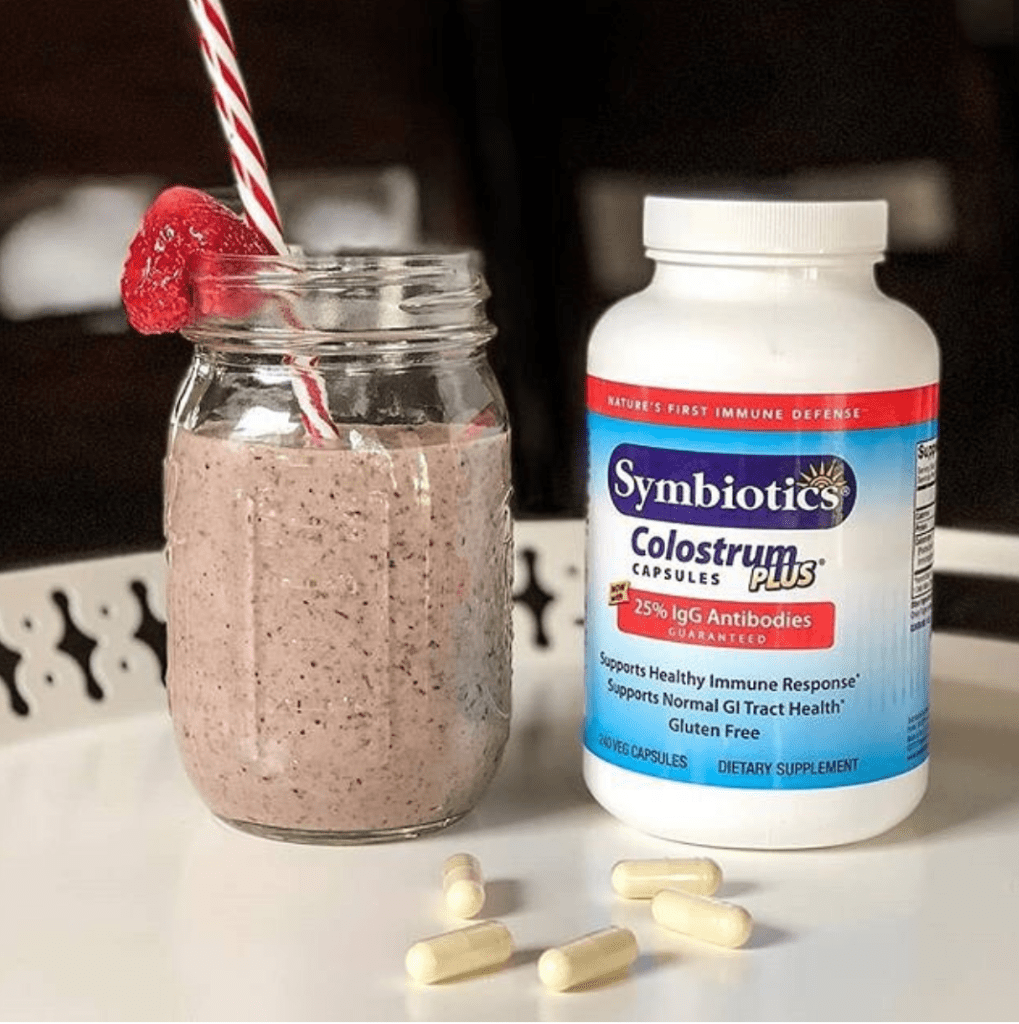
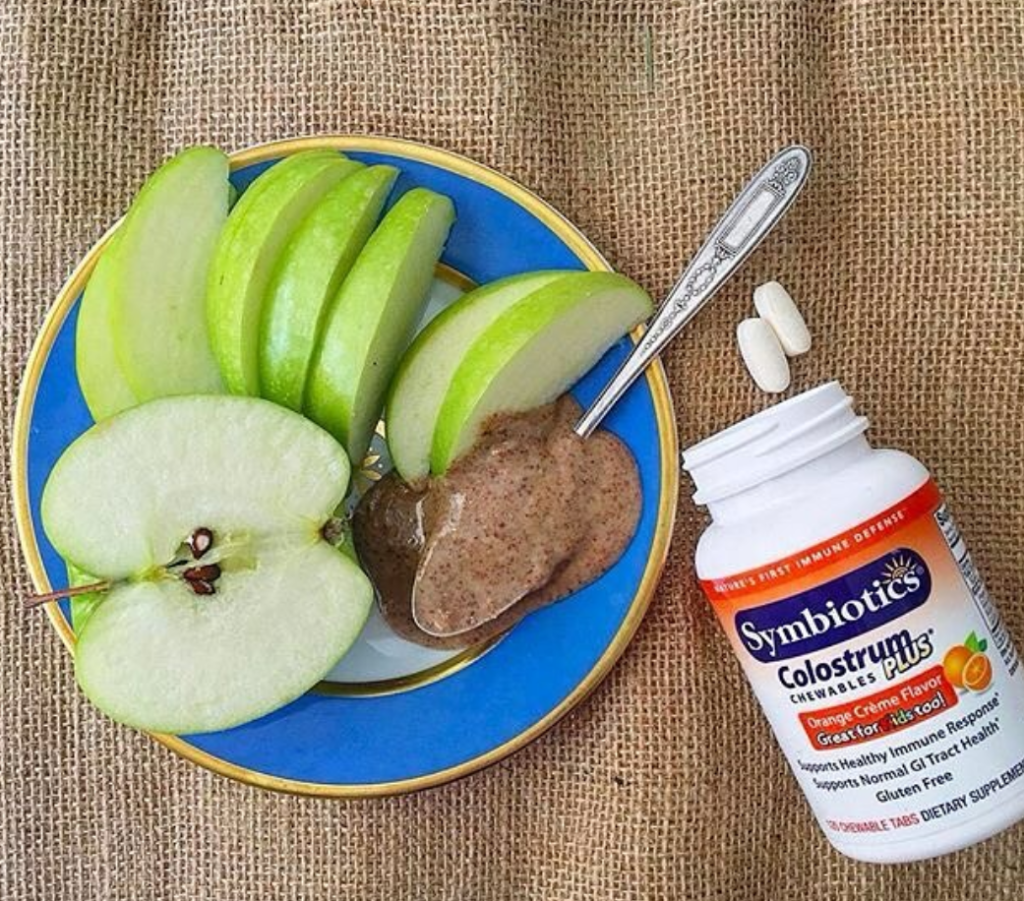 Both Kareem and Claude’s families and many African Americans across the country suffer from hypertension and diabetes, illnesses that can be prevented or managed largely based on diet.
Both Kareem and Claude’s families and many African Americans across the country suffer from hypertension and diabetes, illnesses that can be prevented or managed largely based on diet.